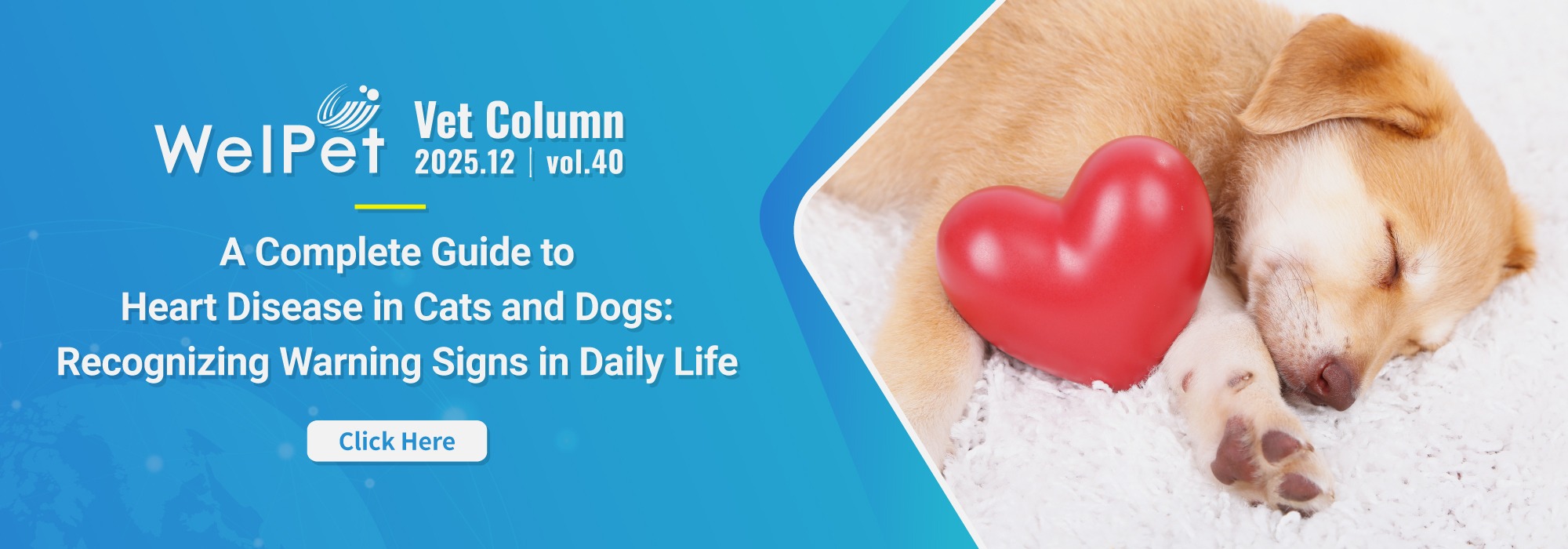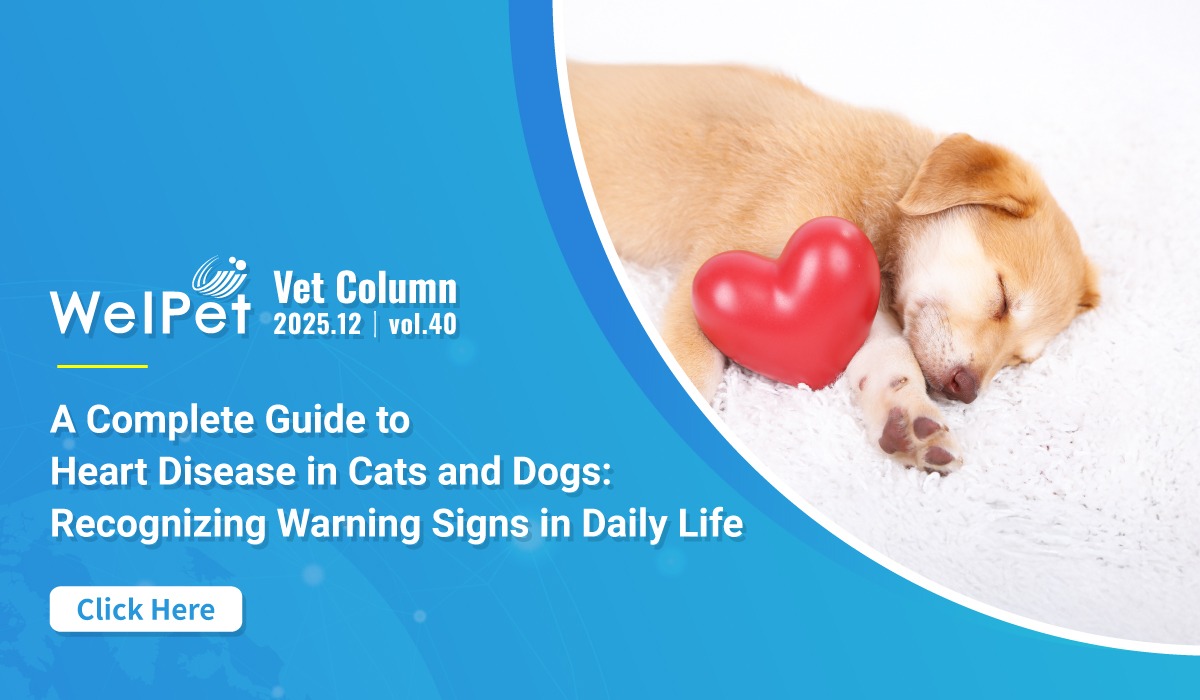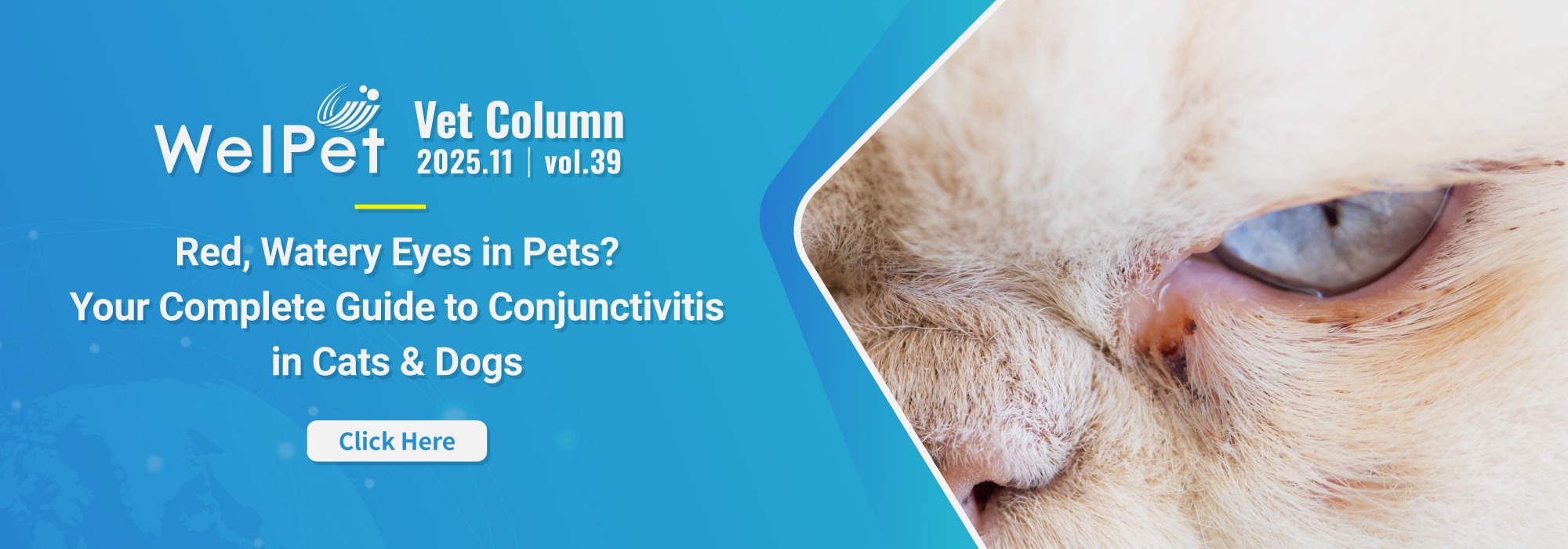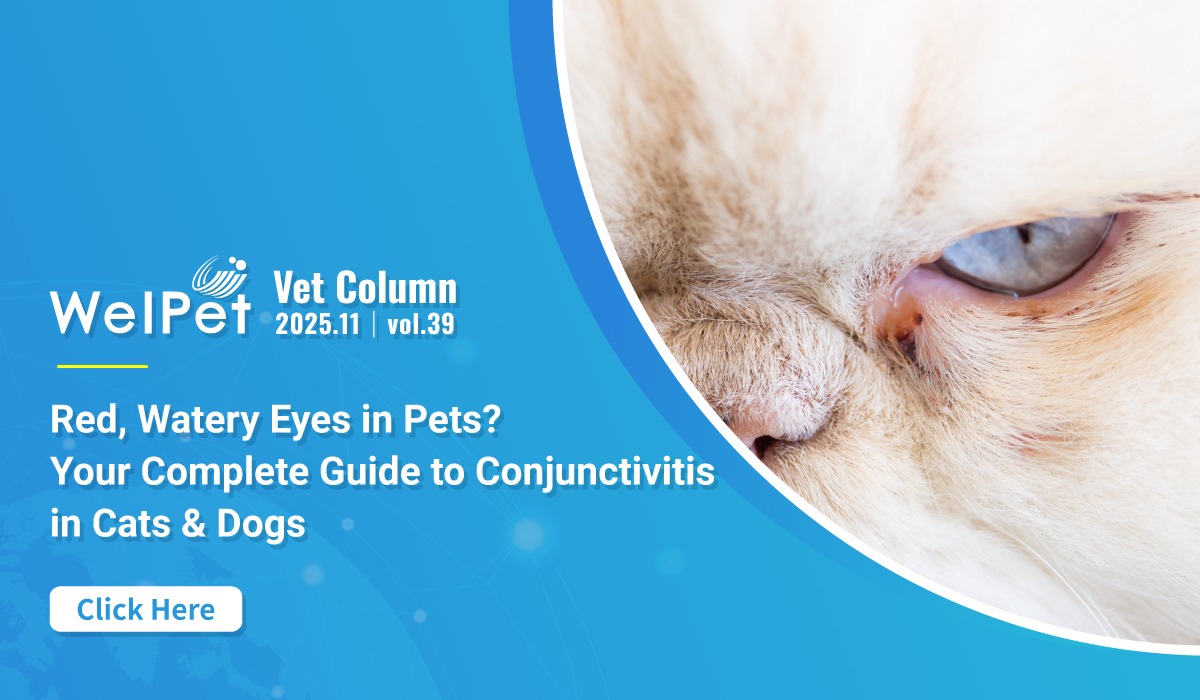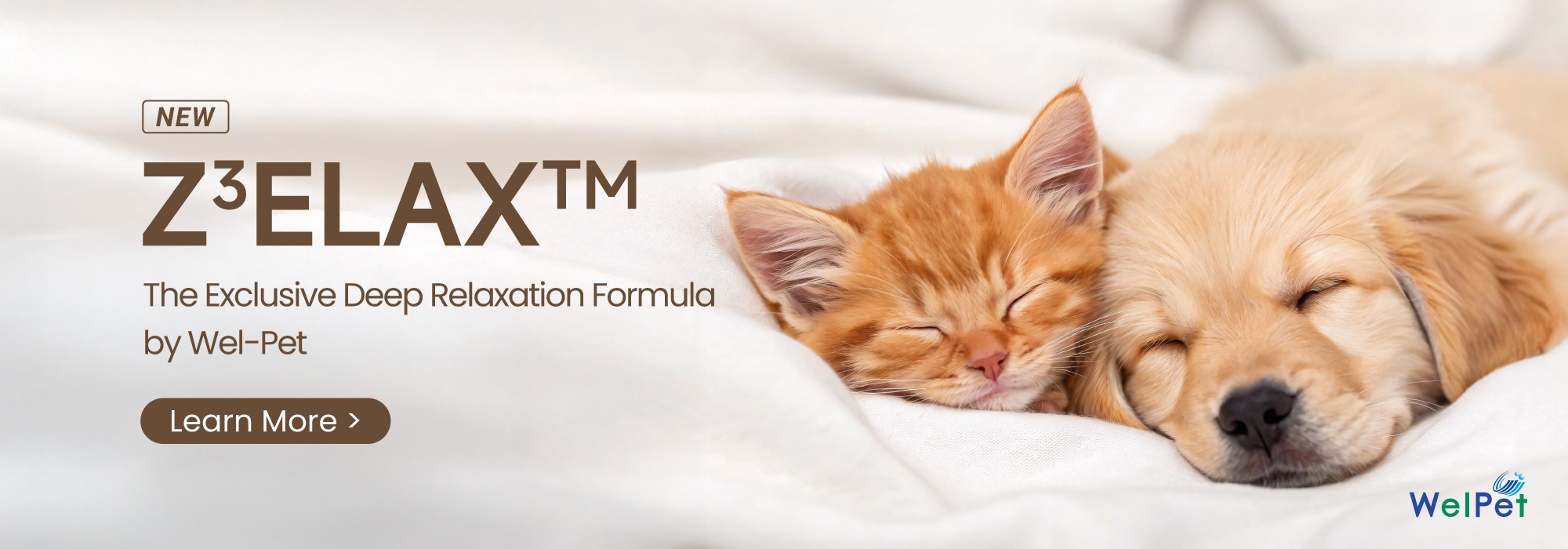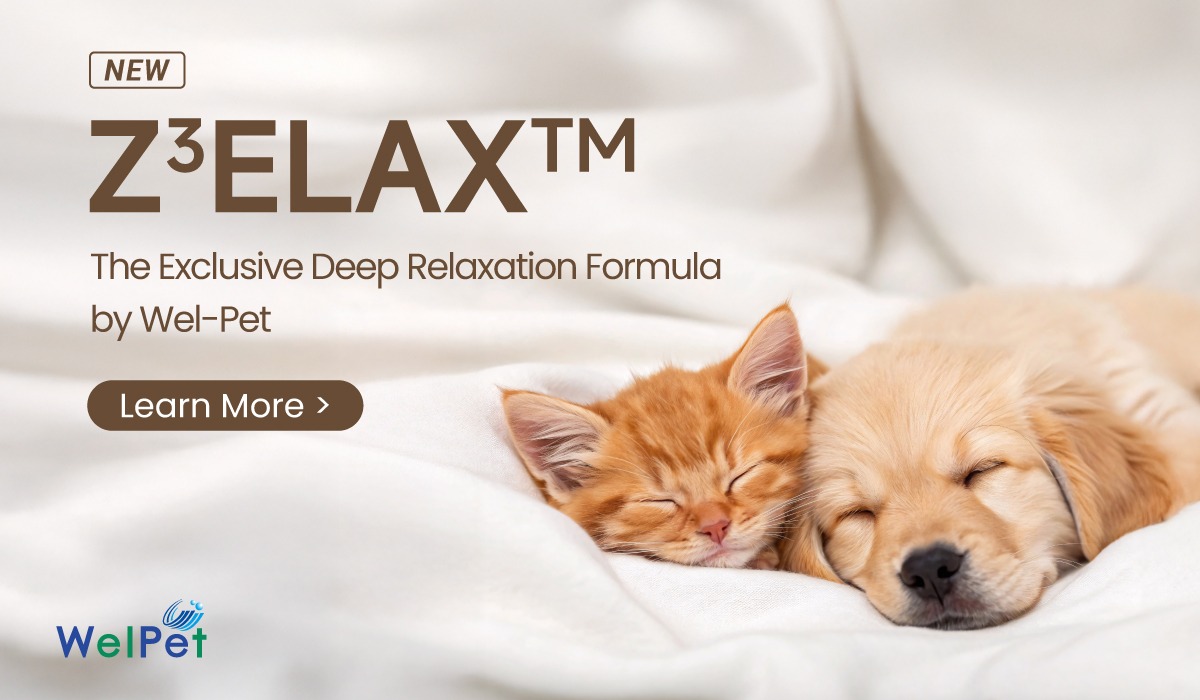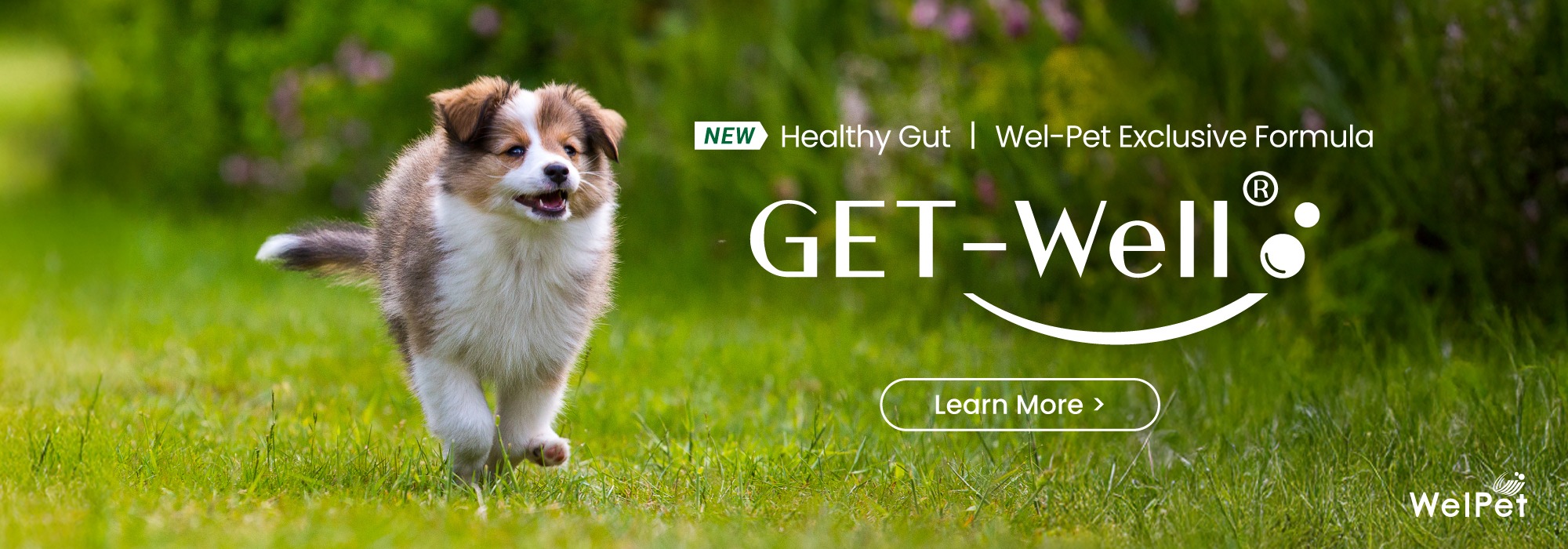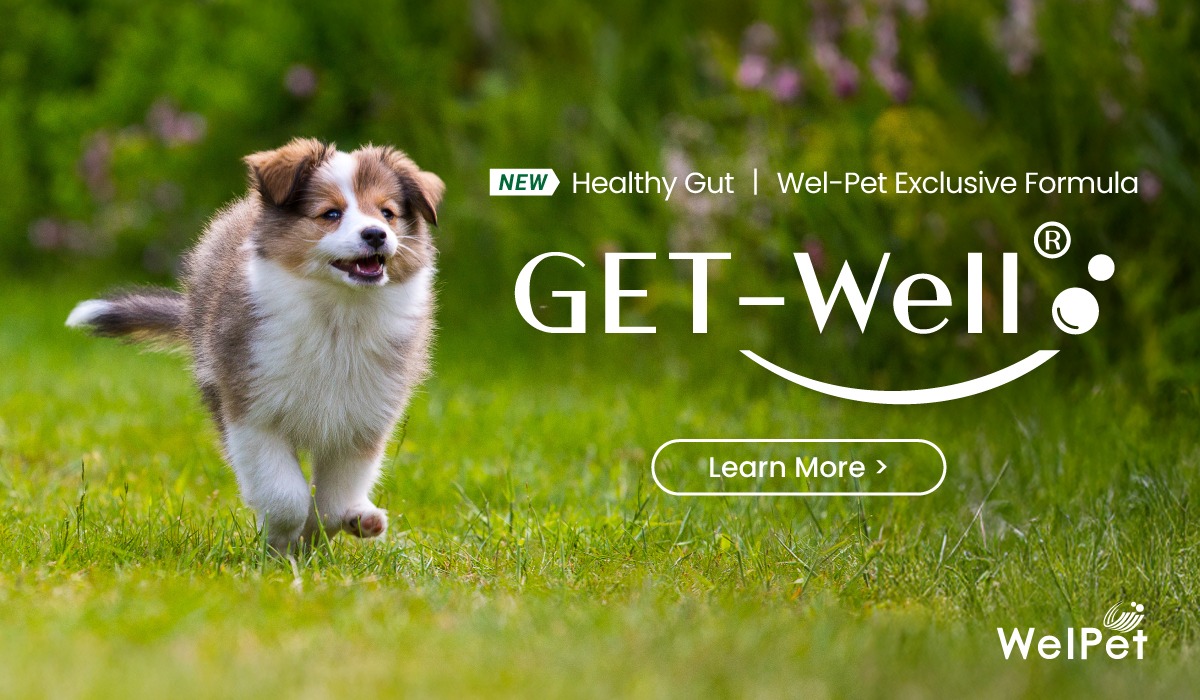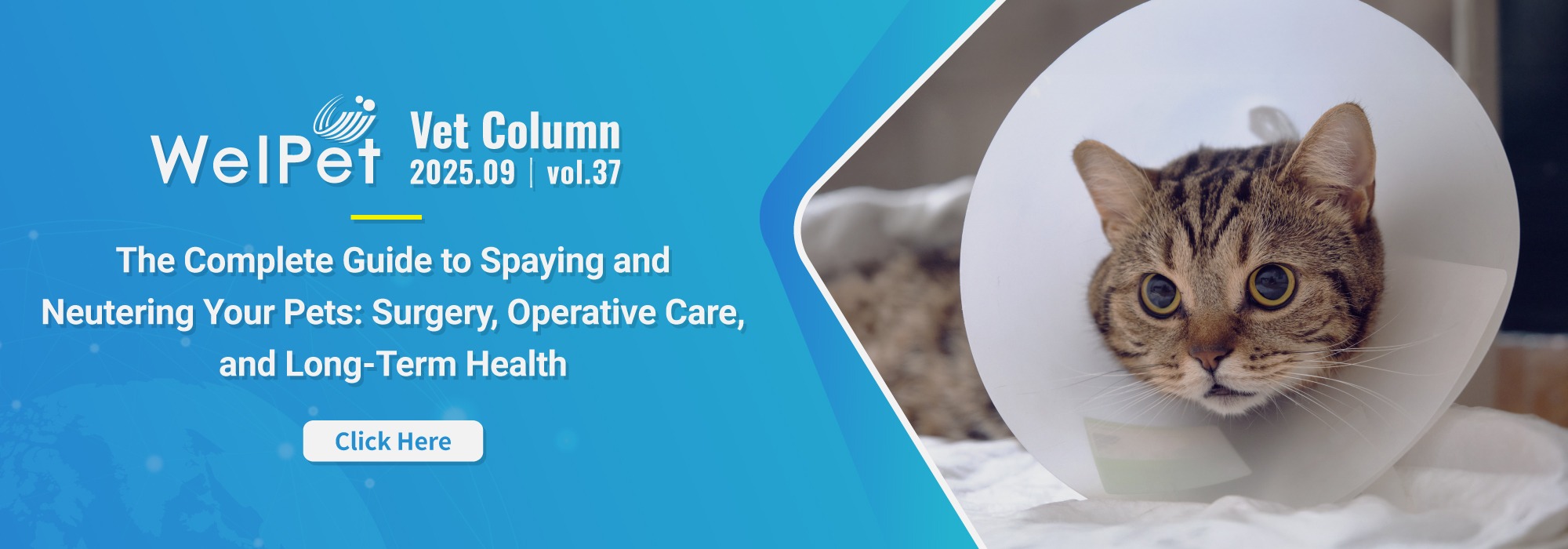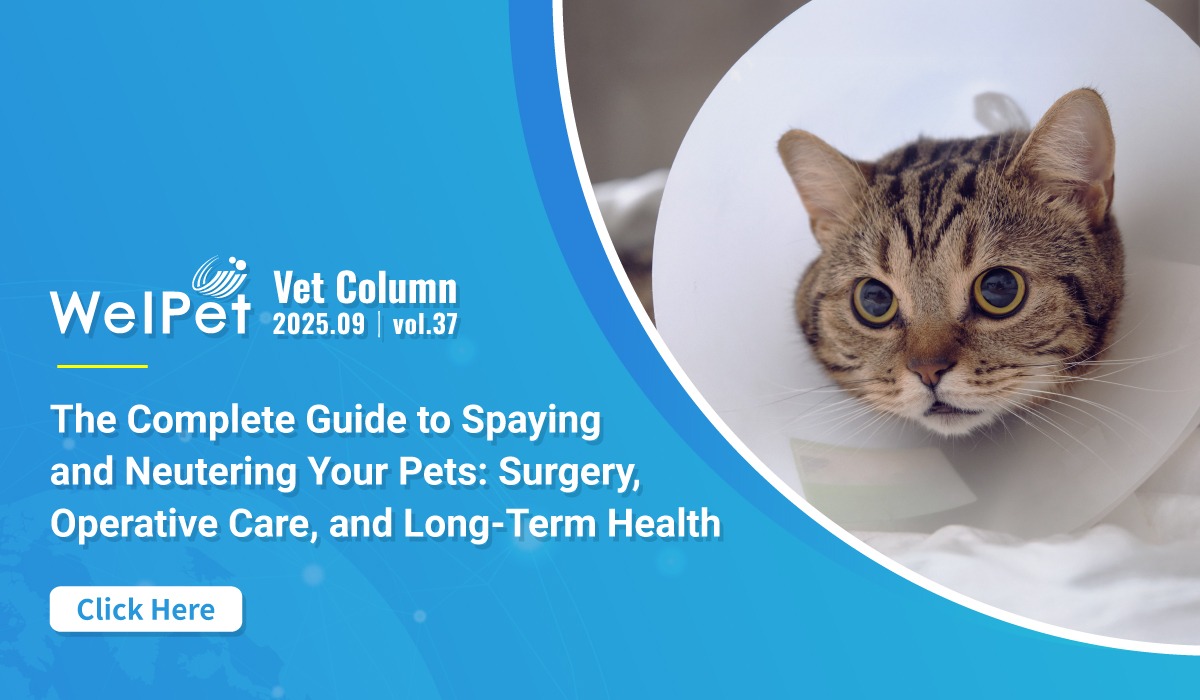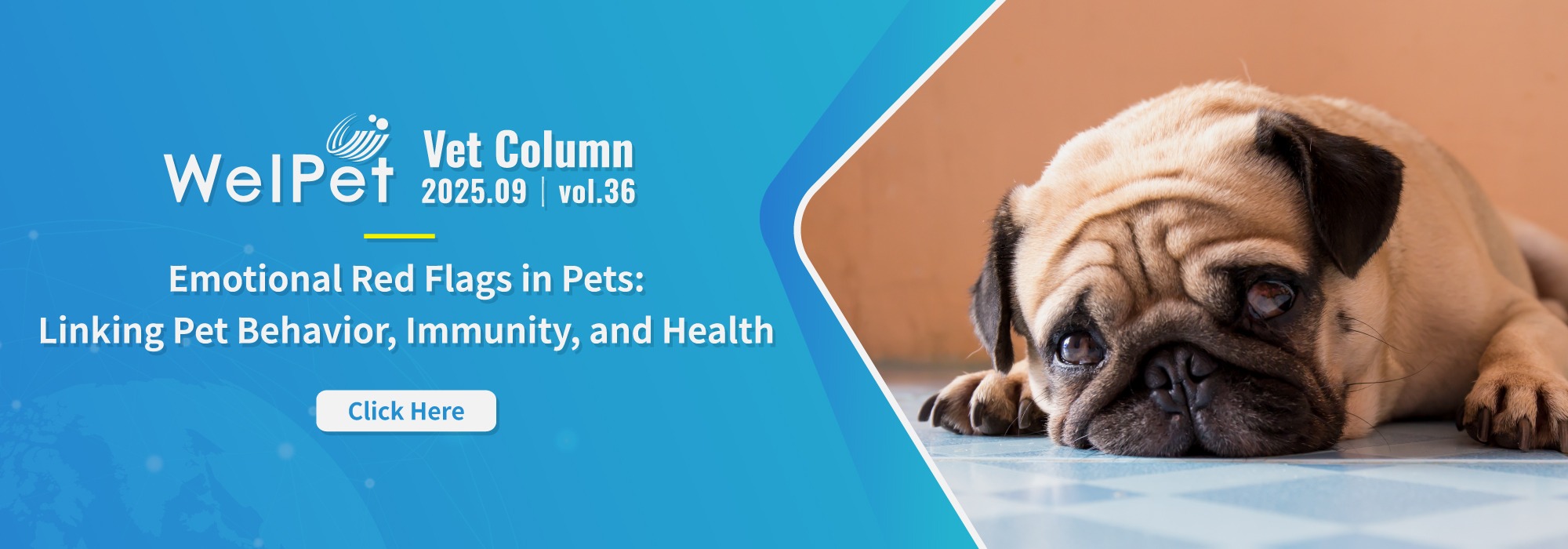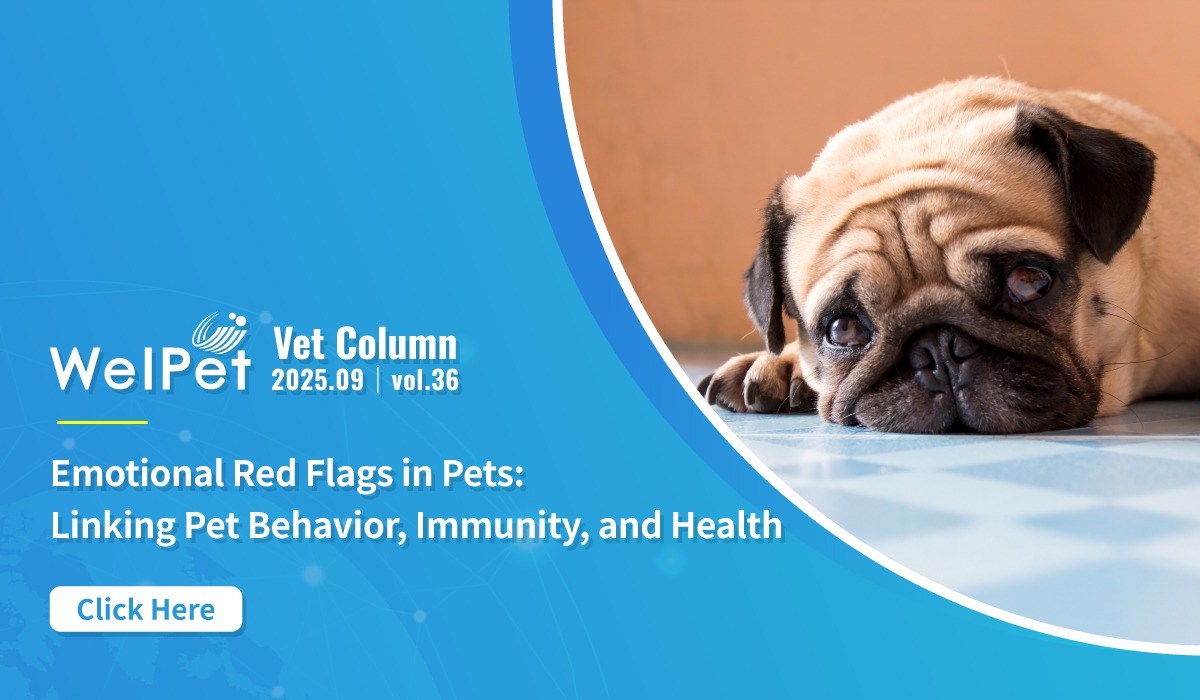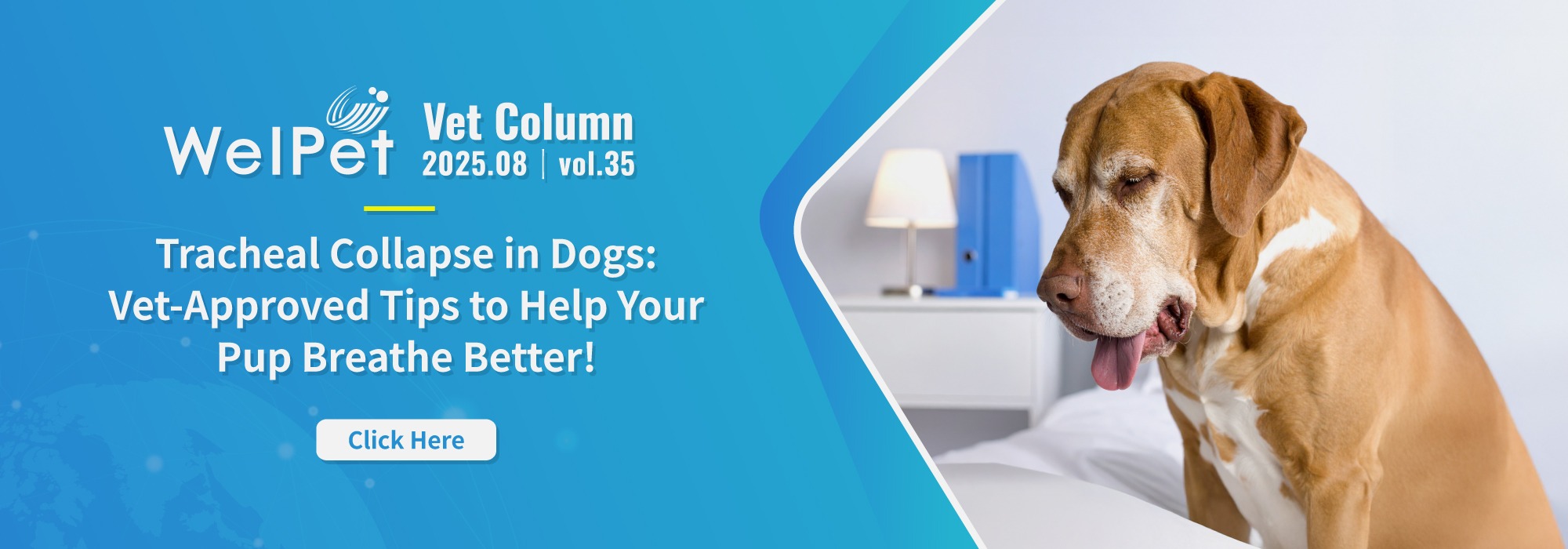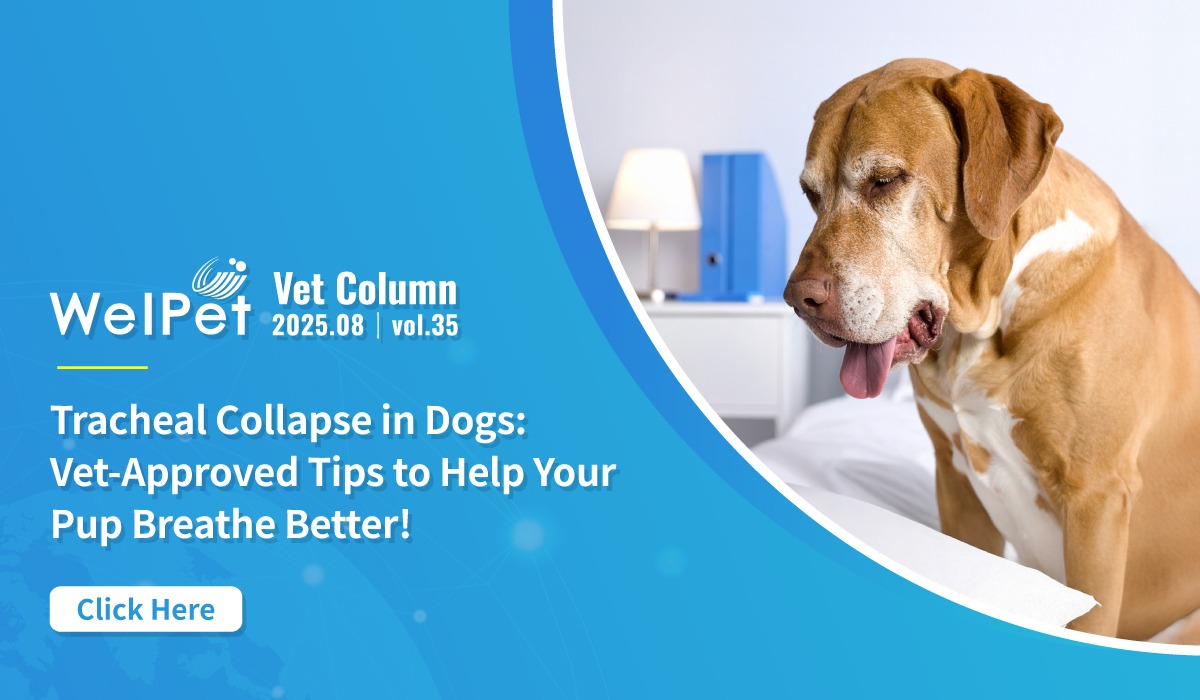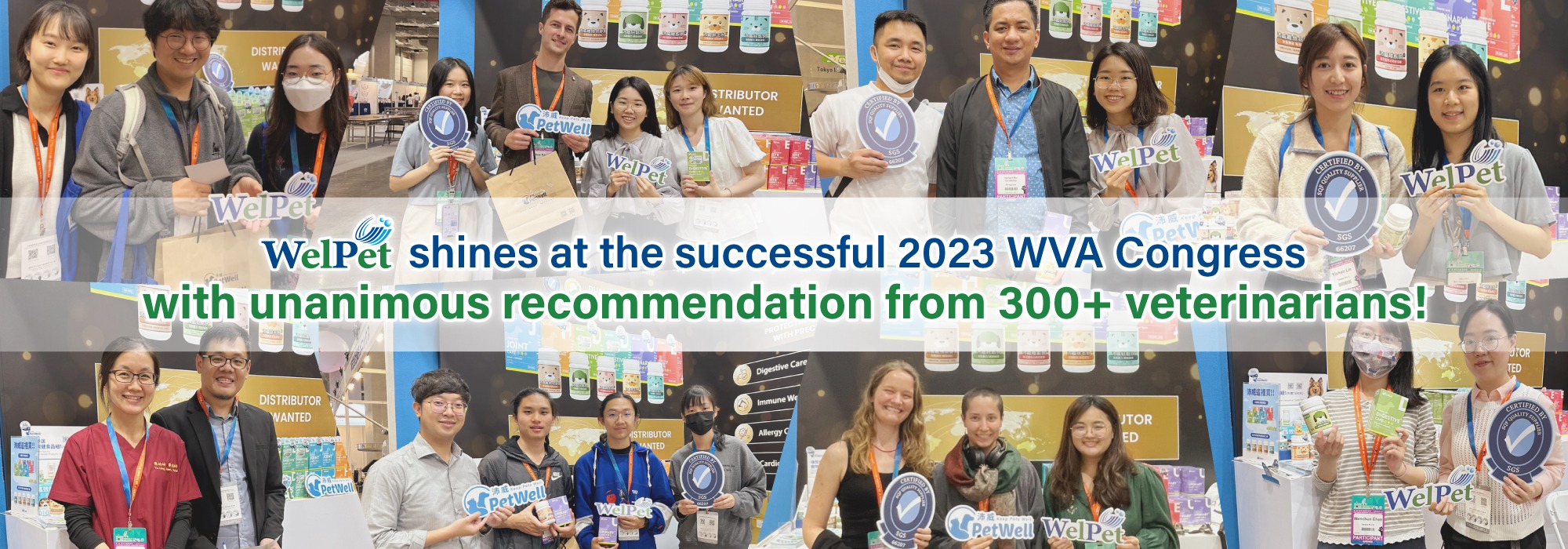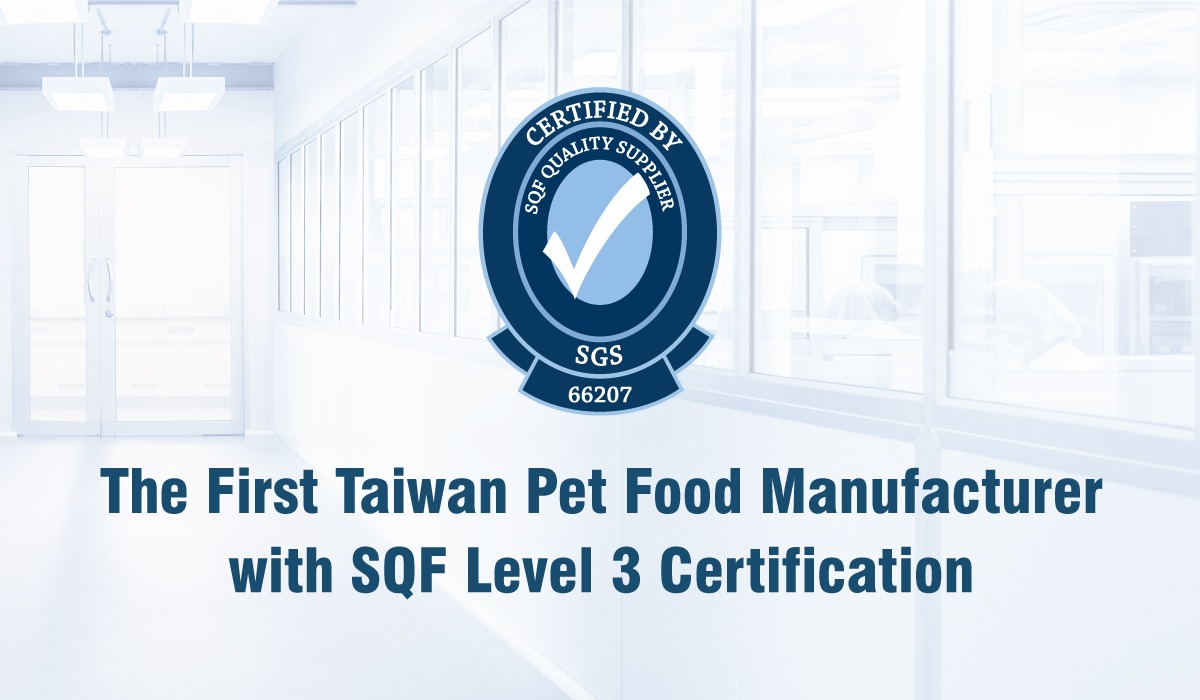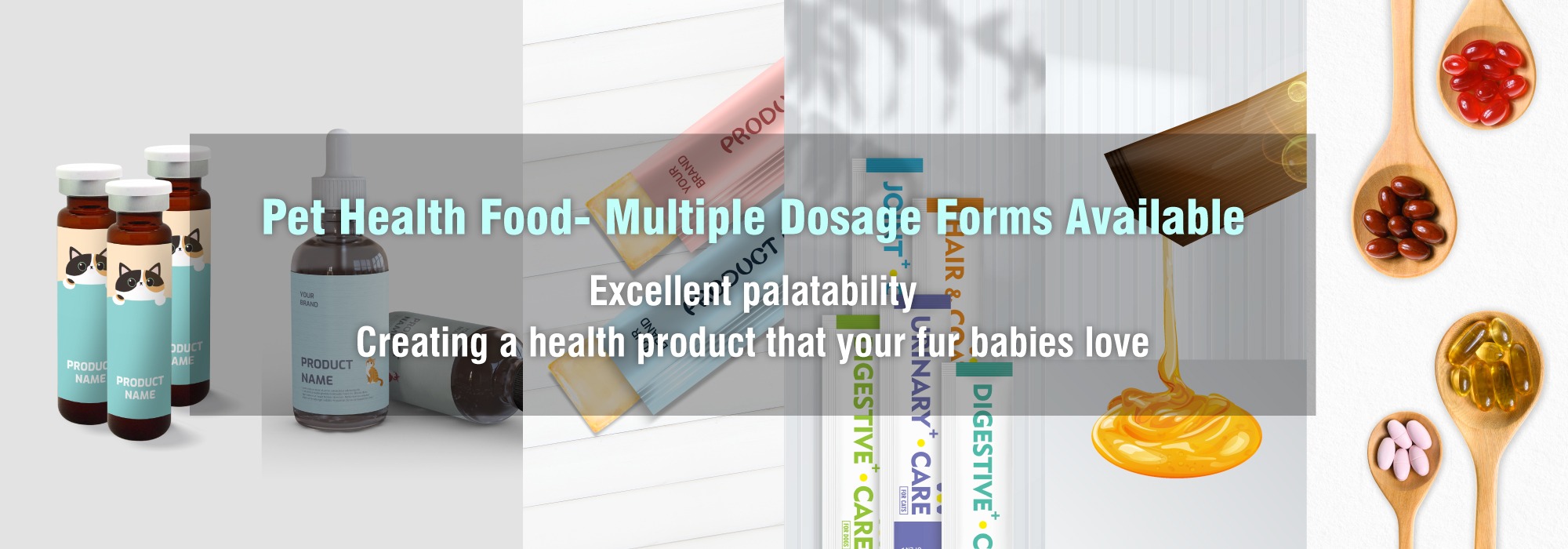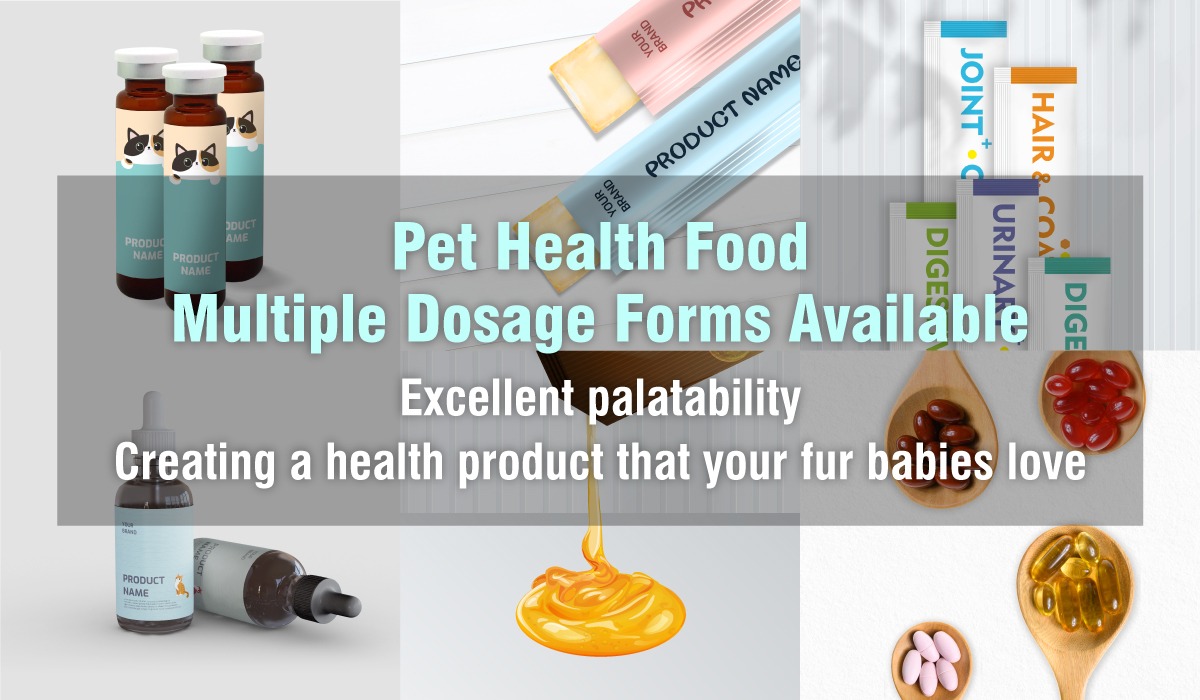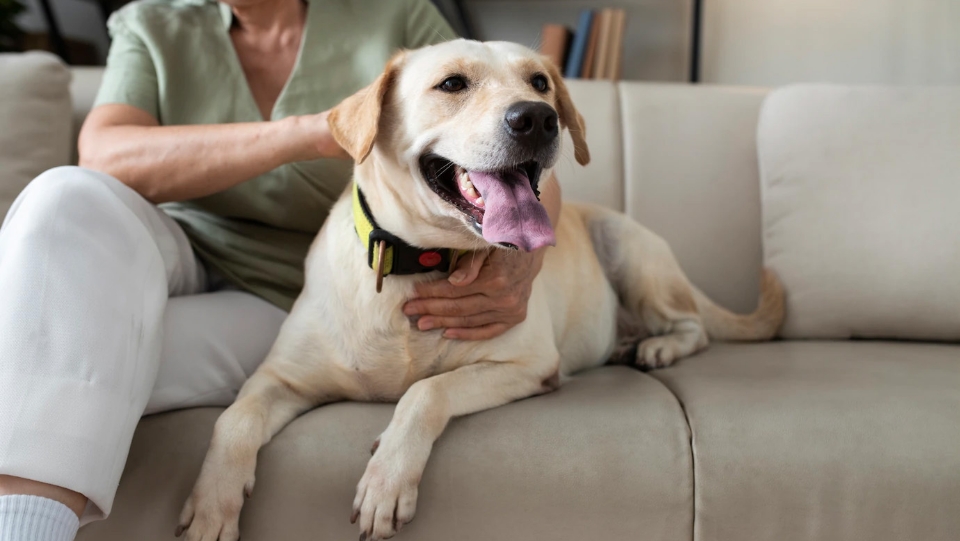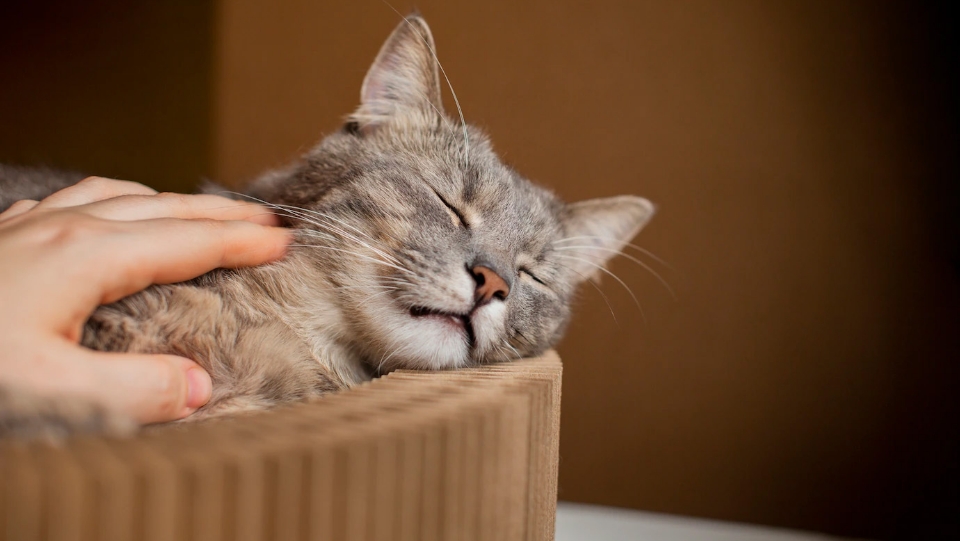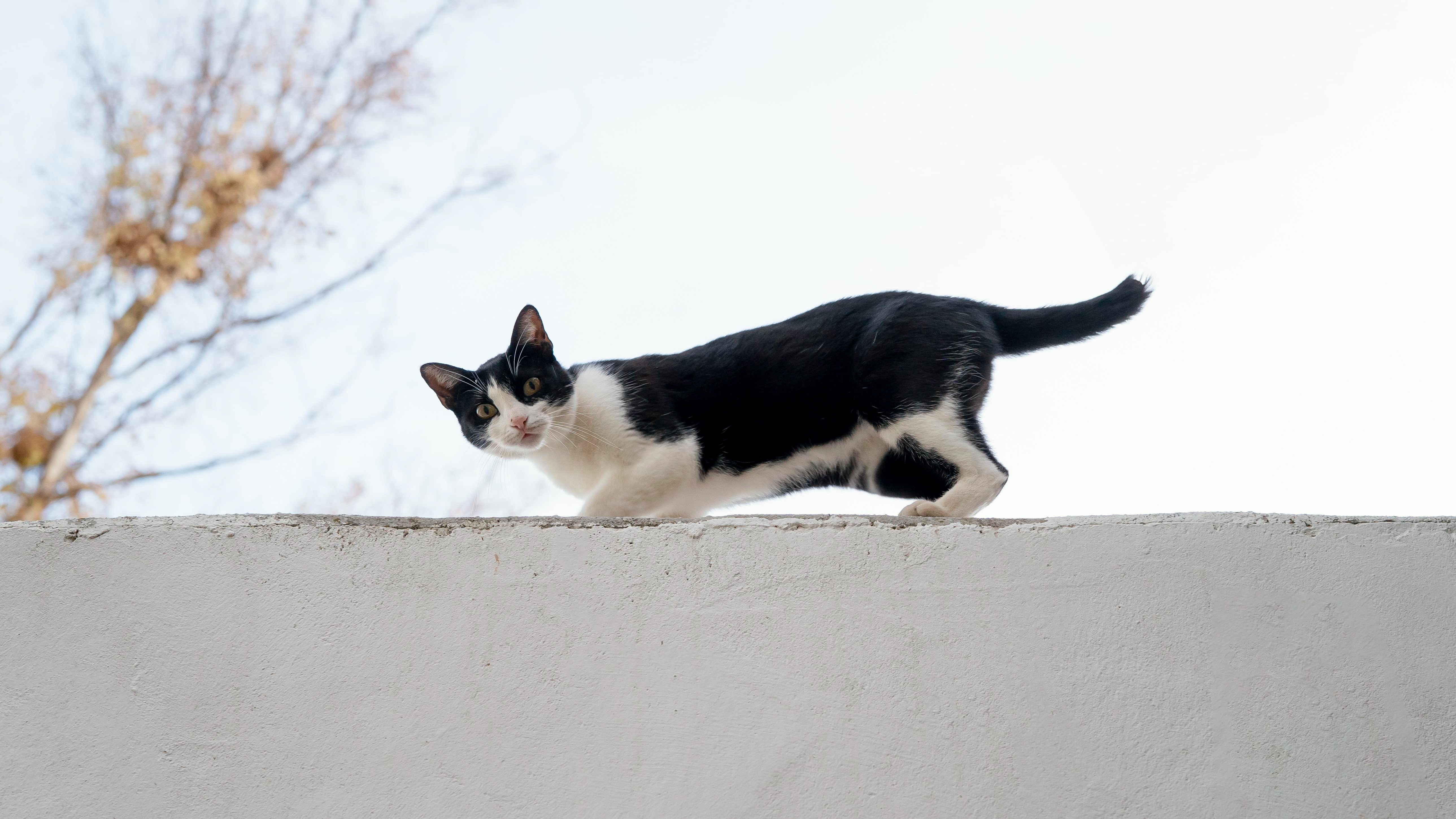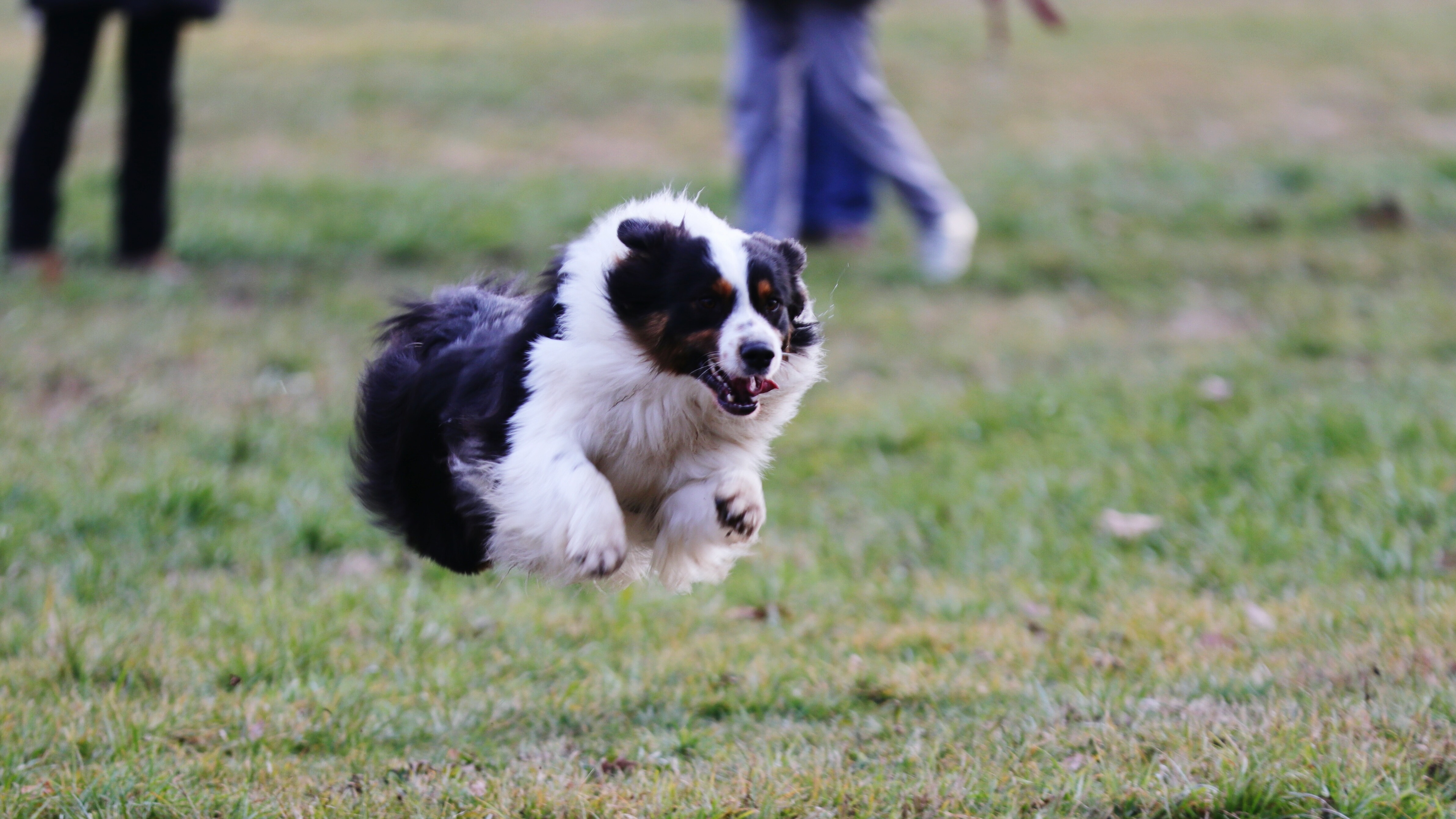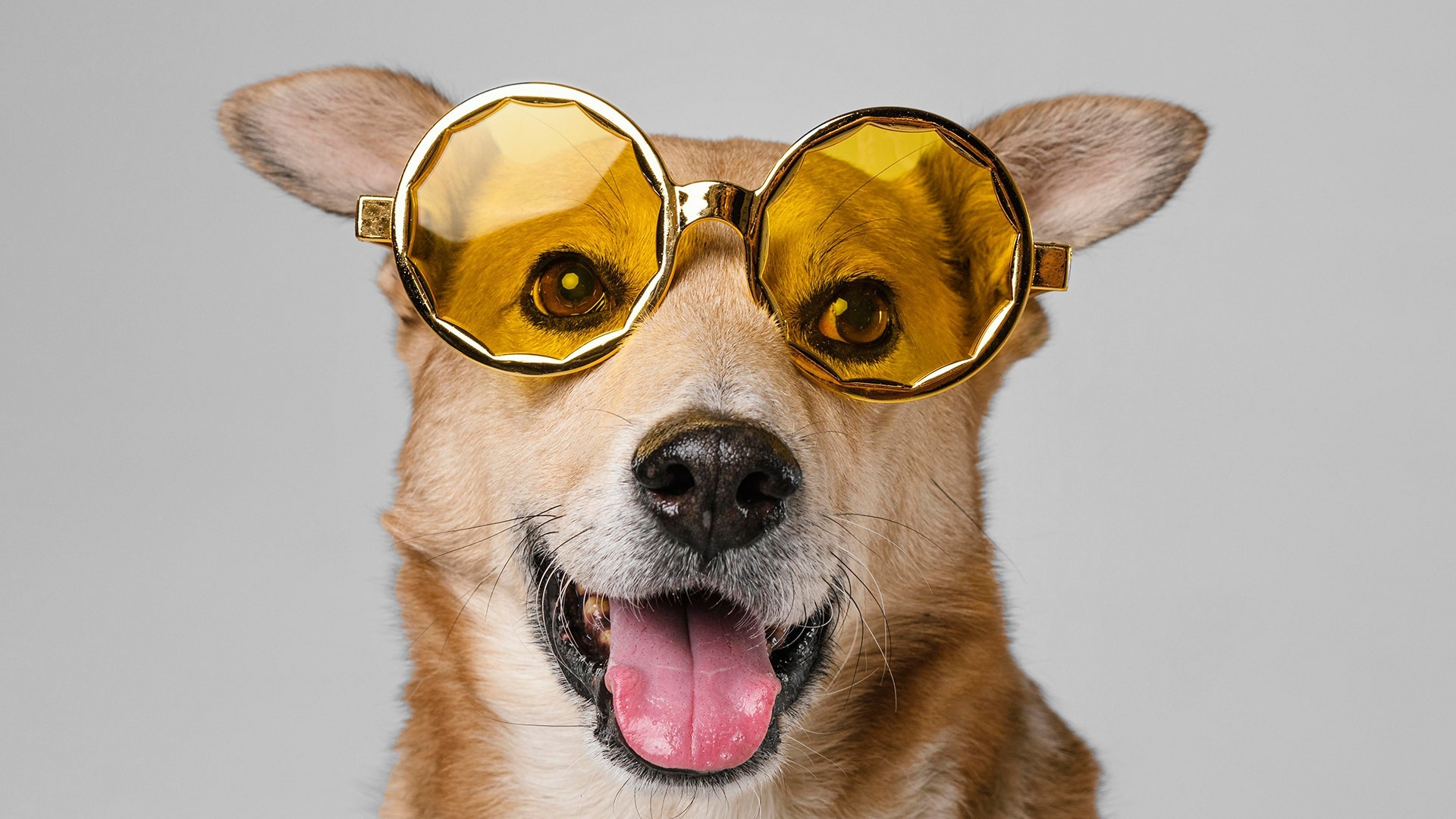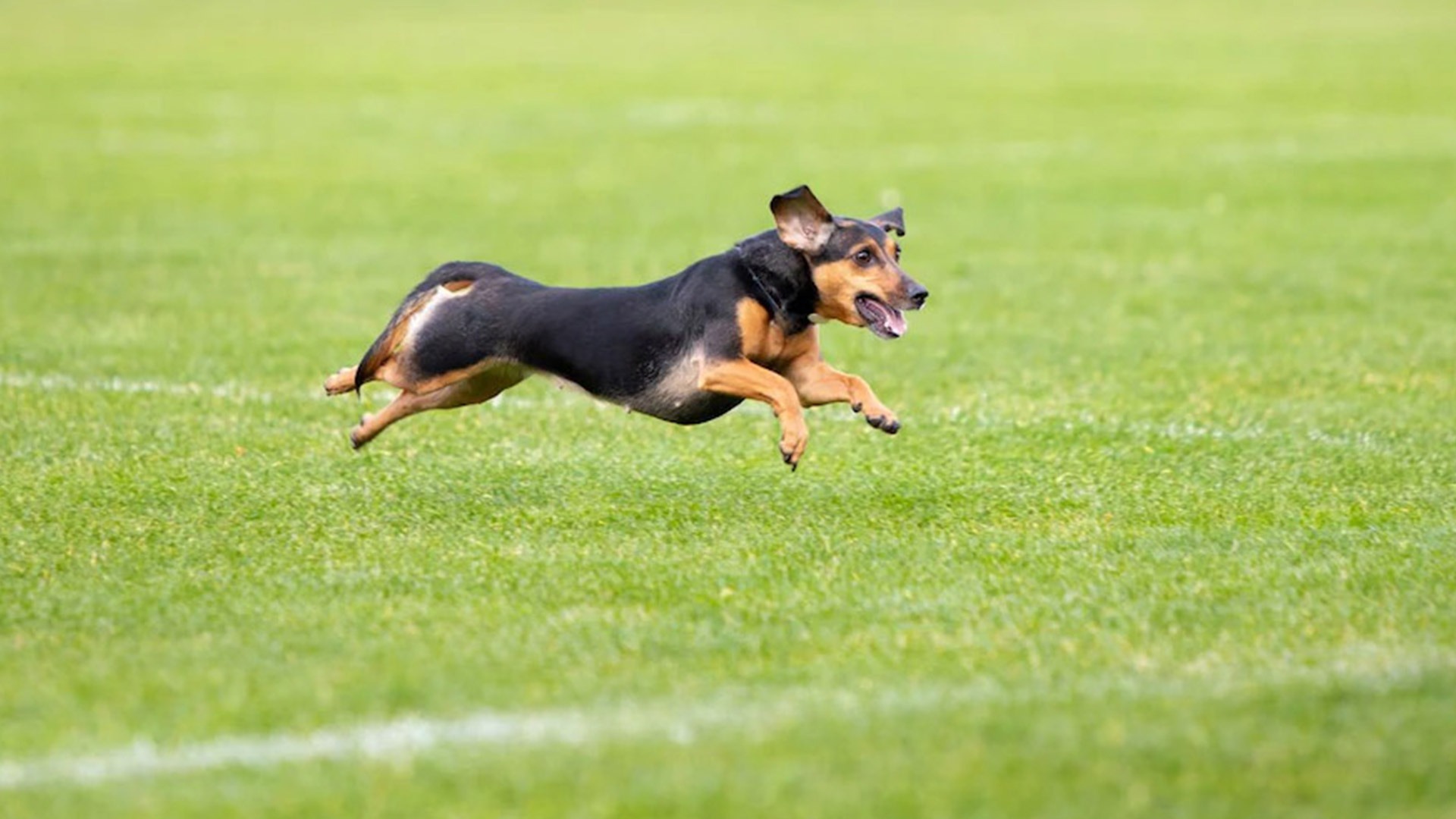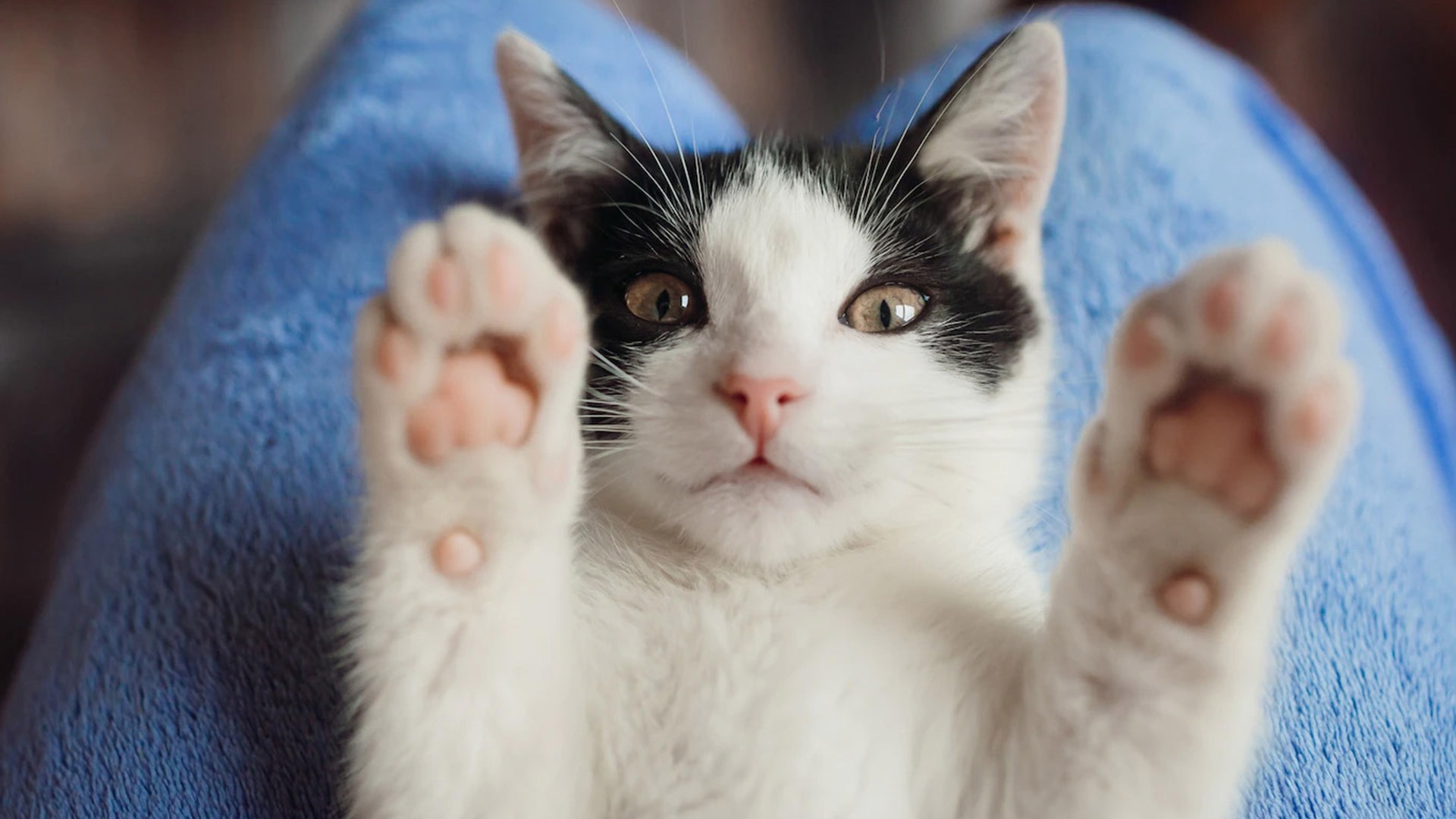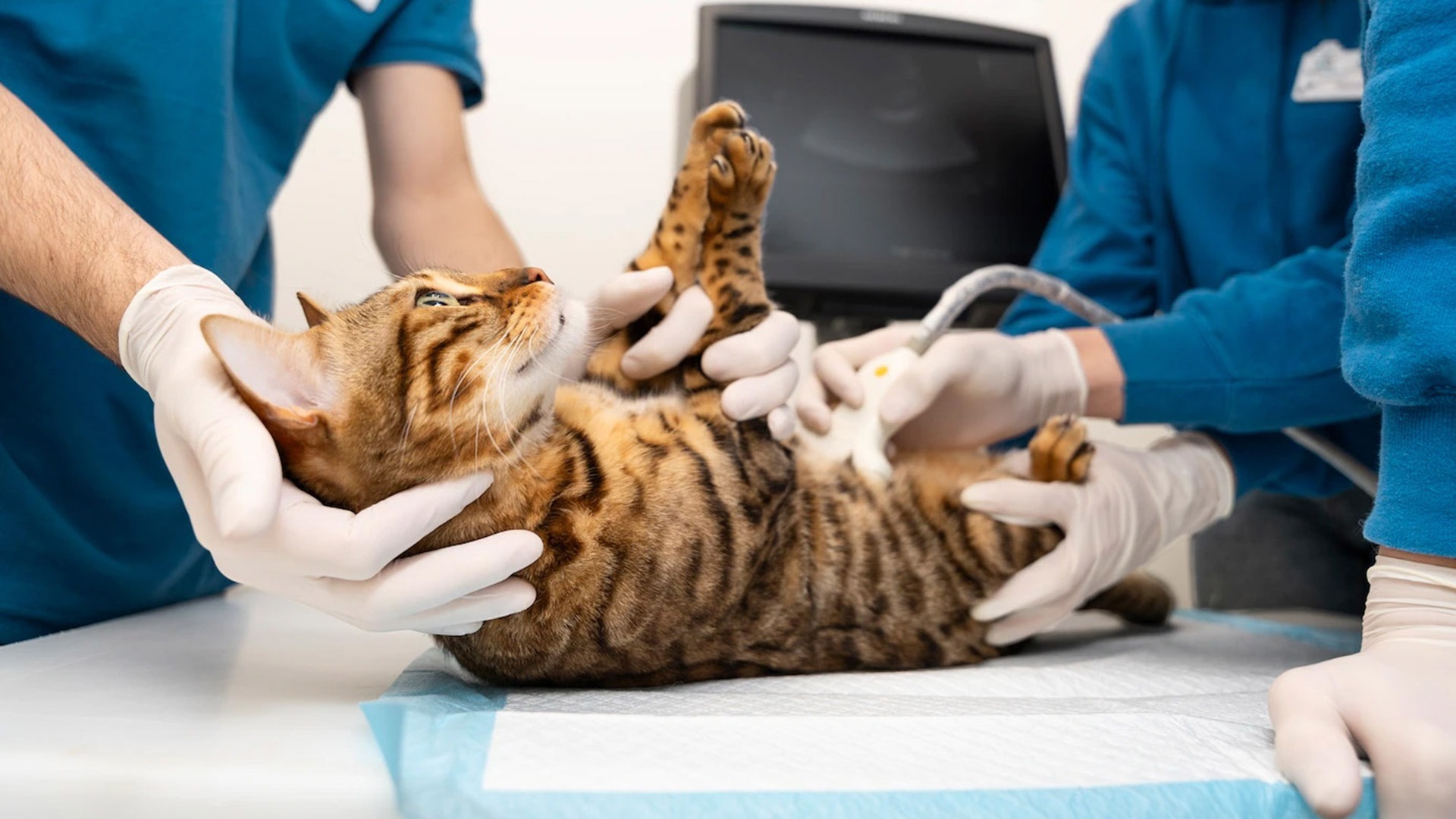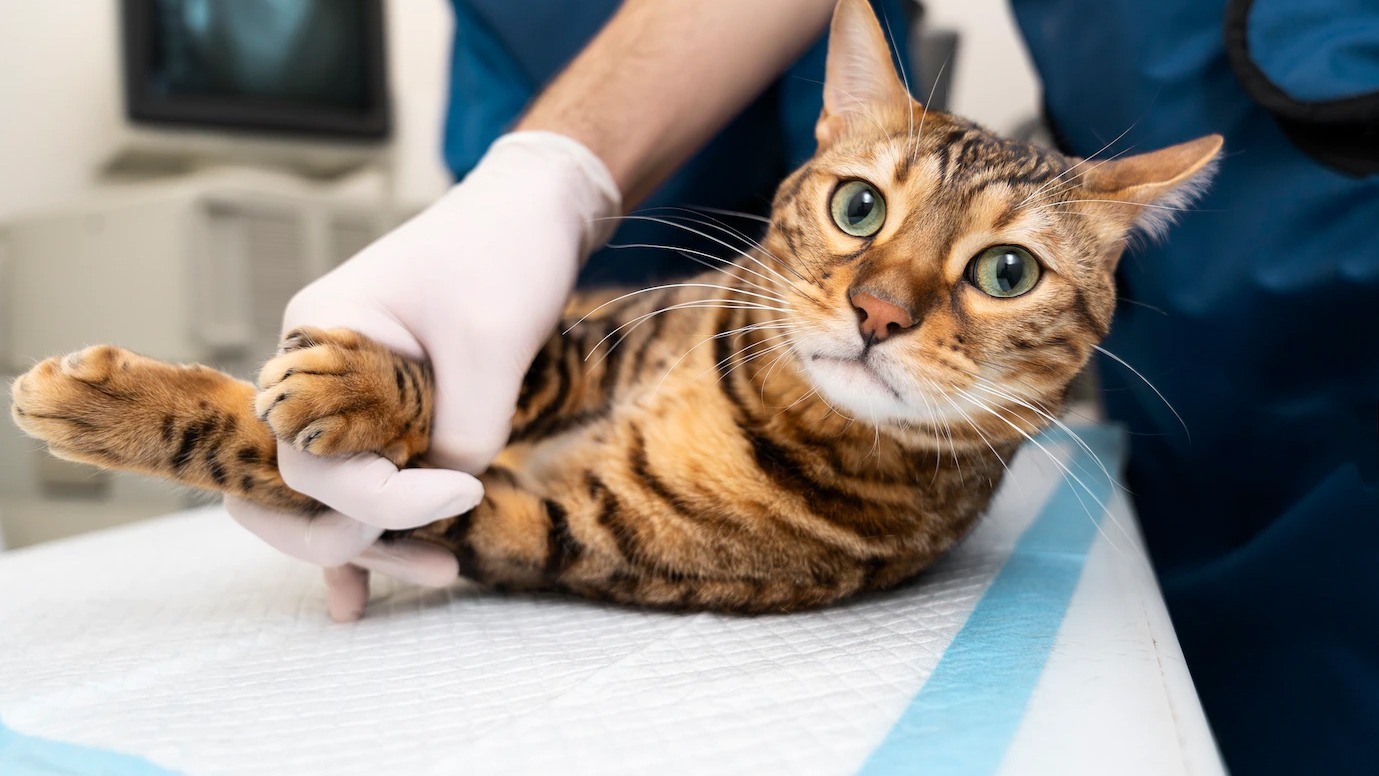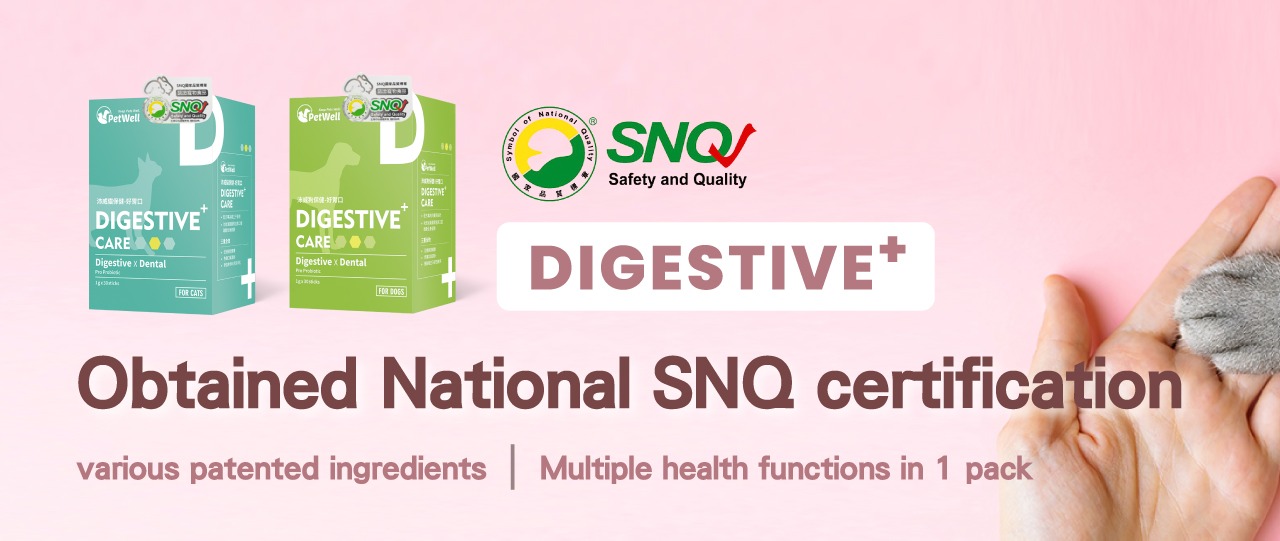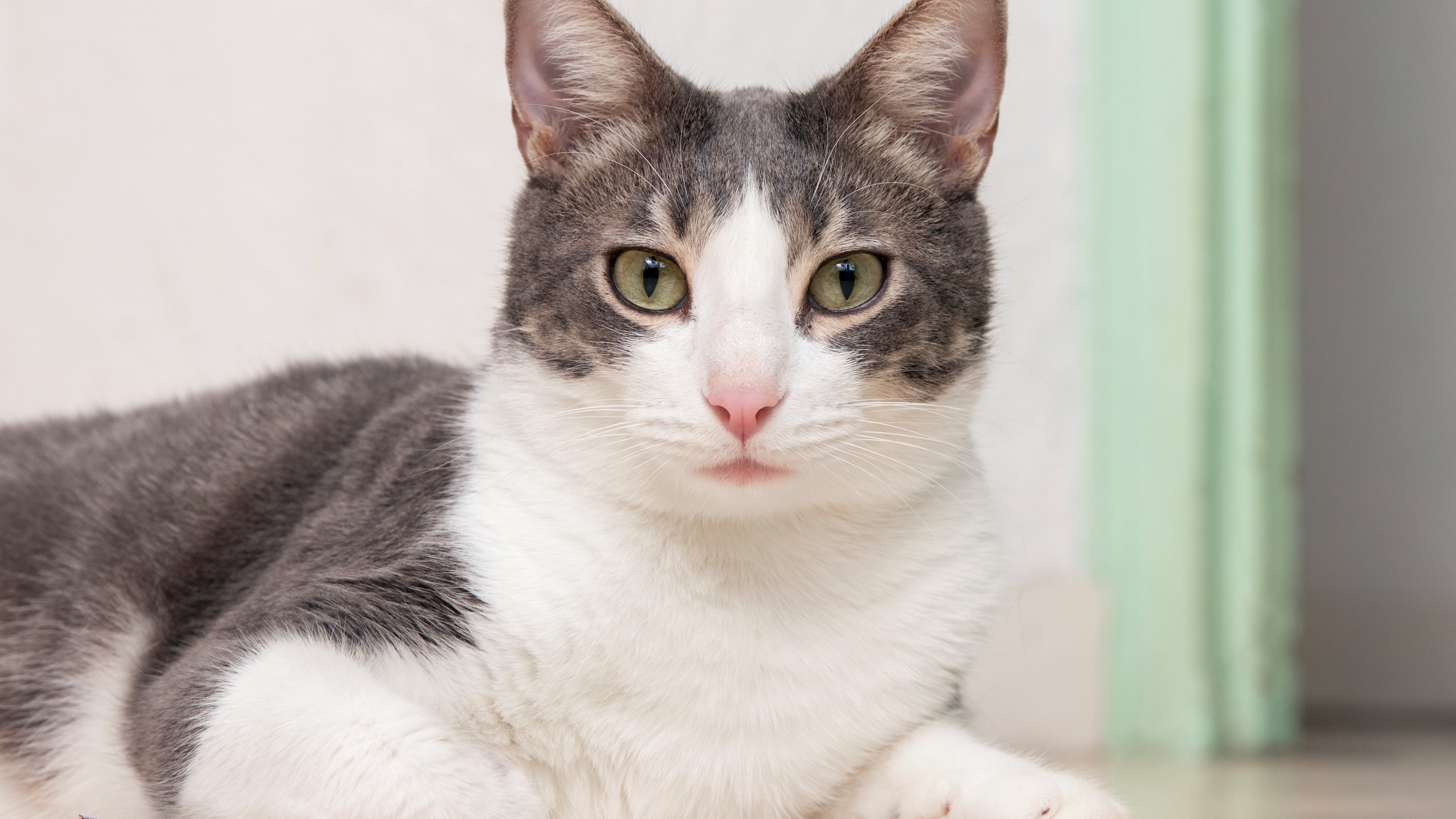
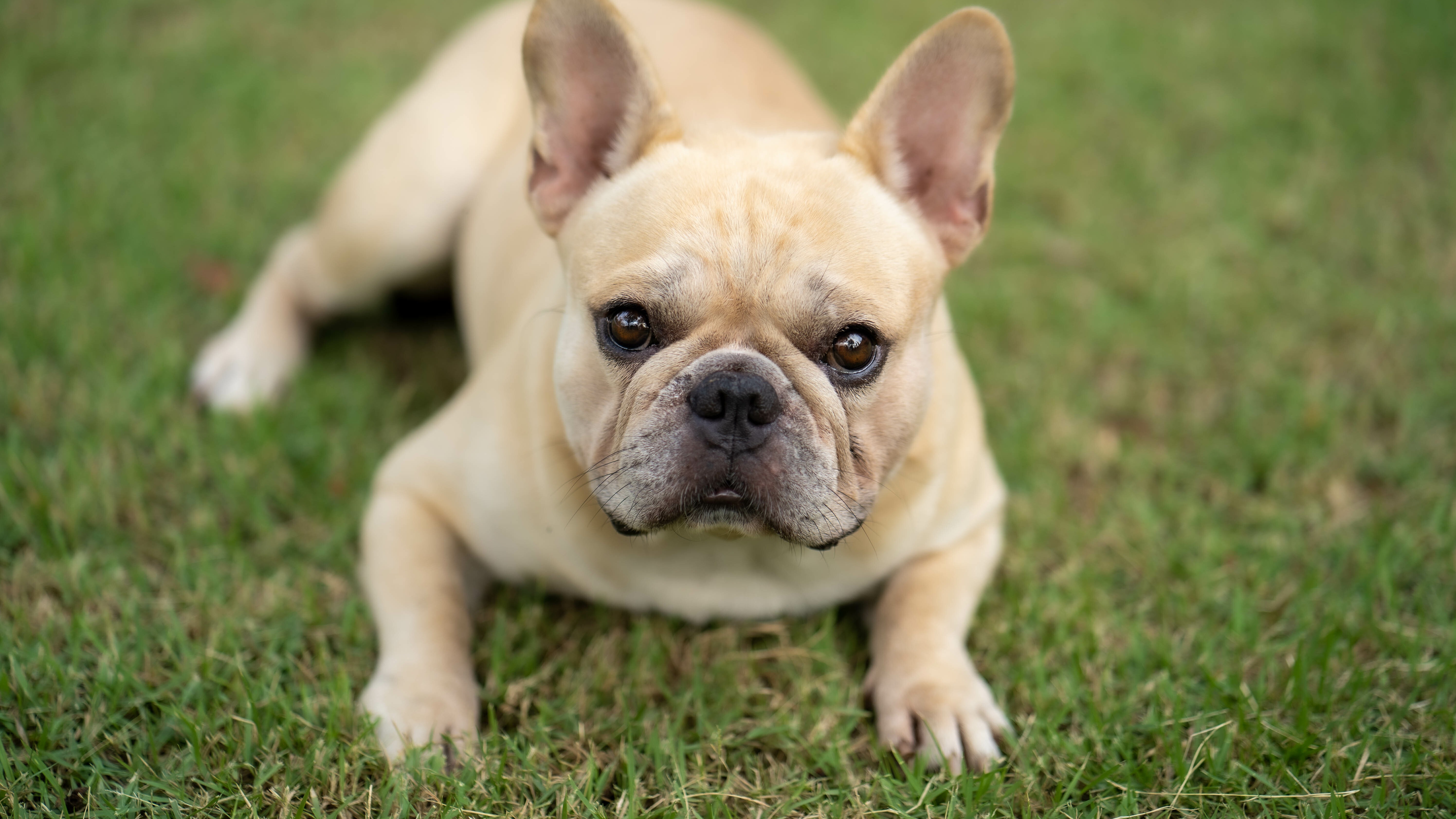
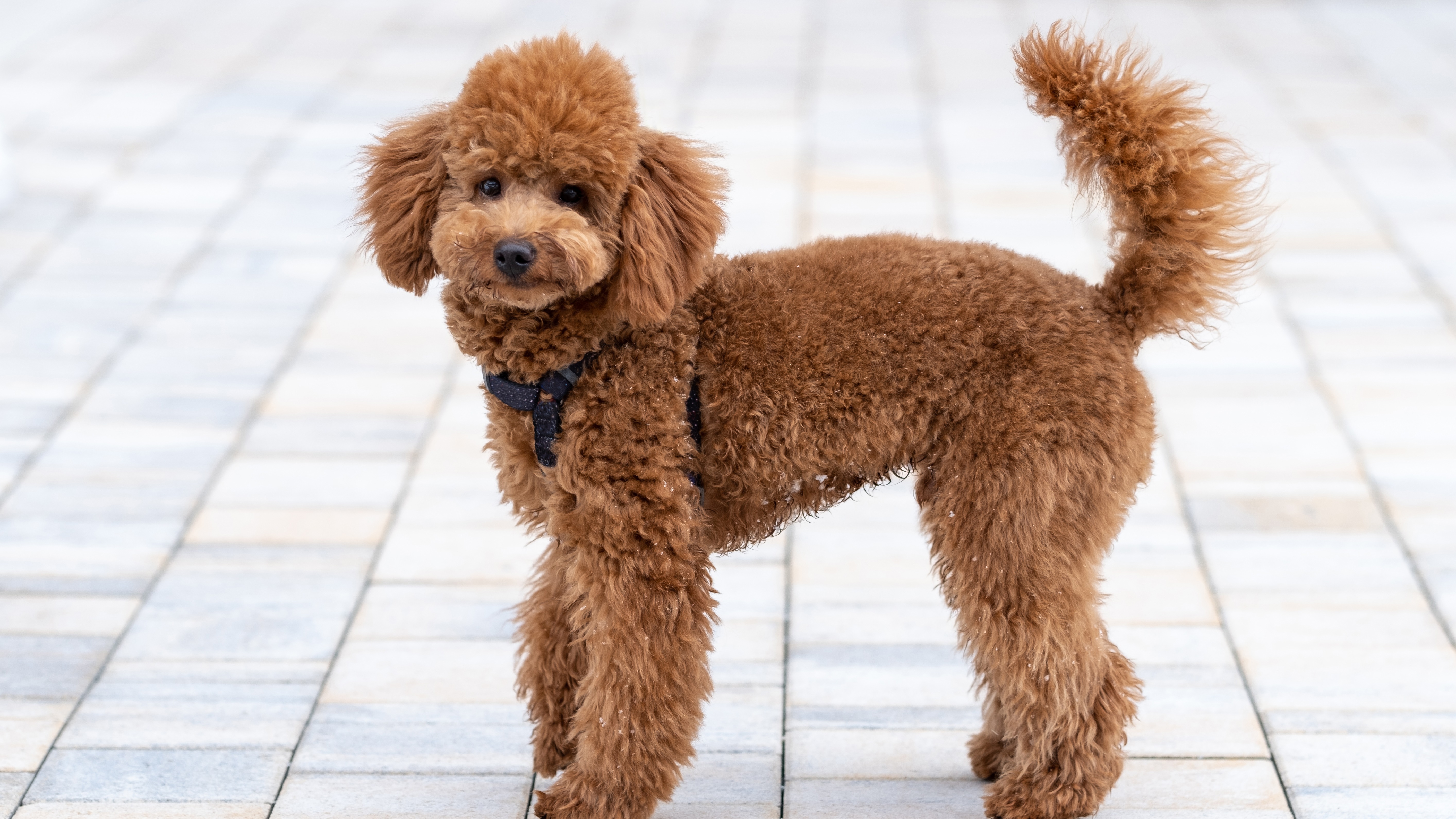
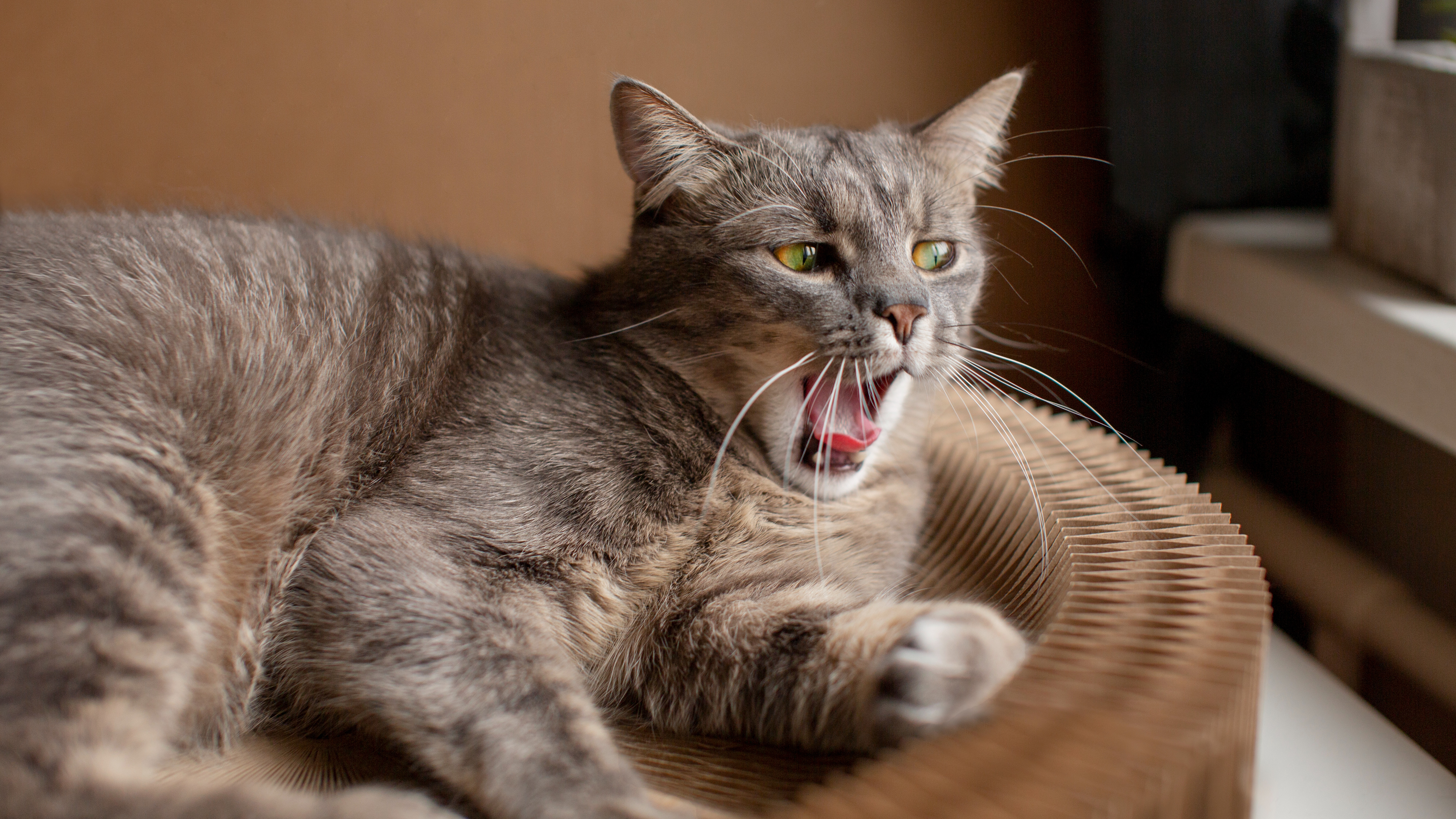
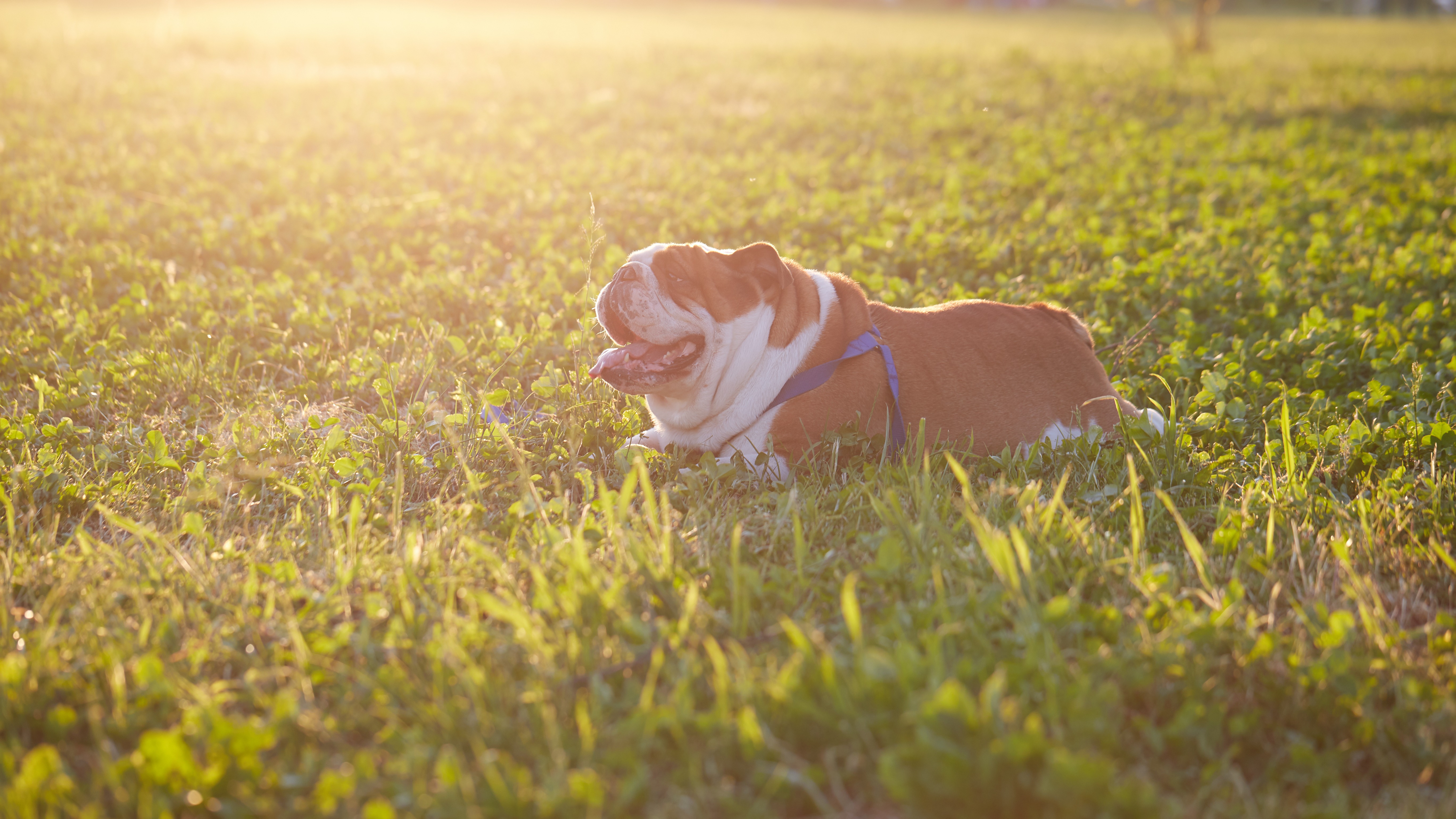
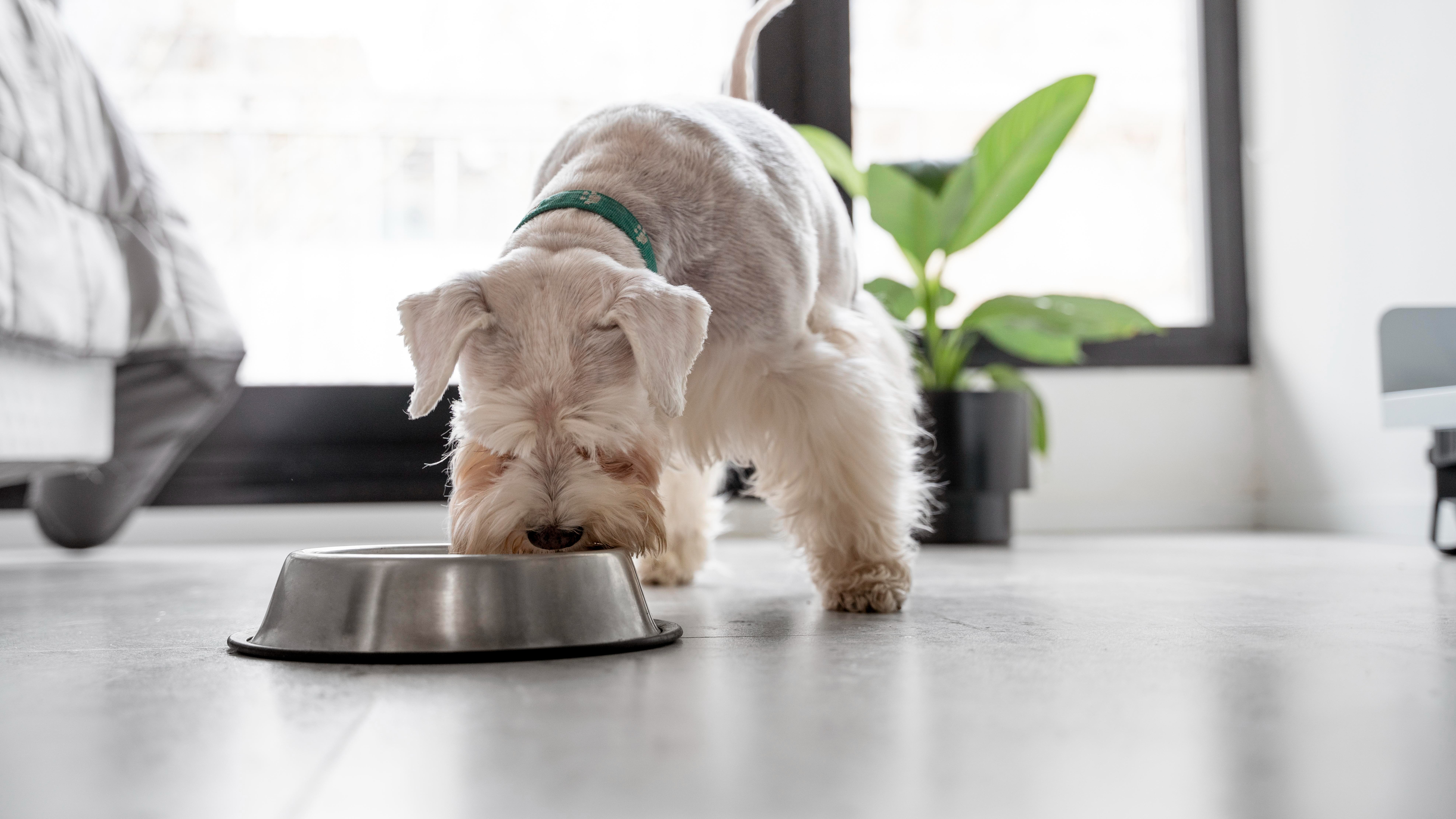
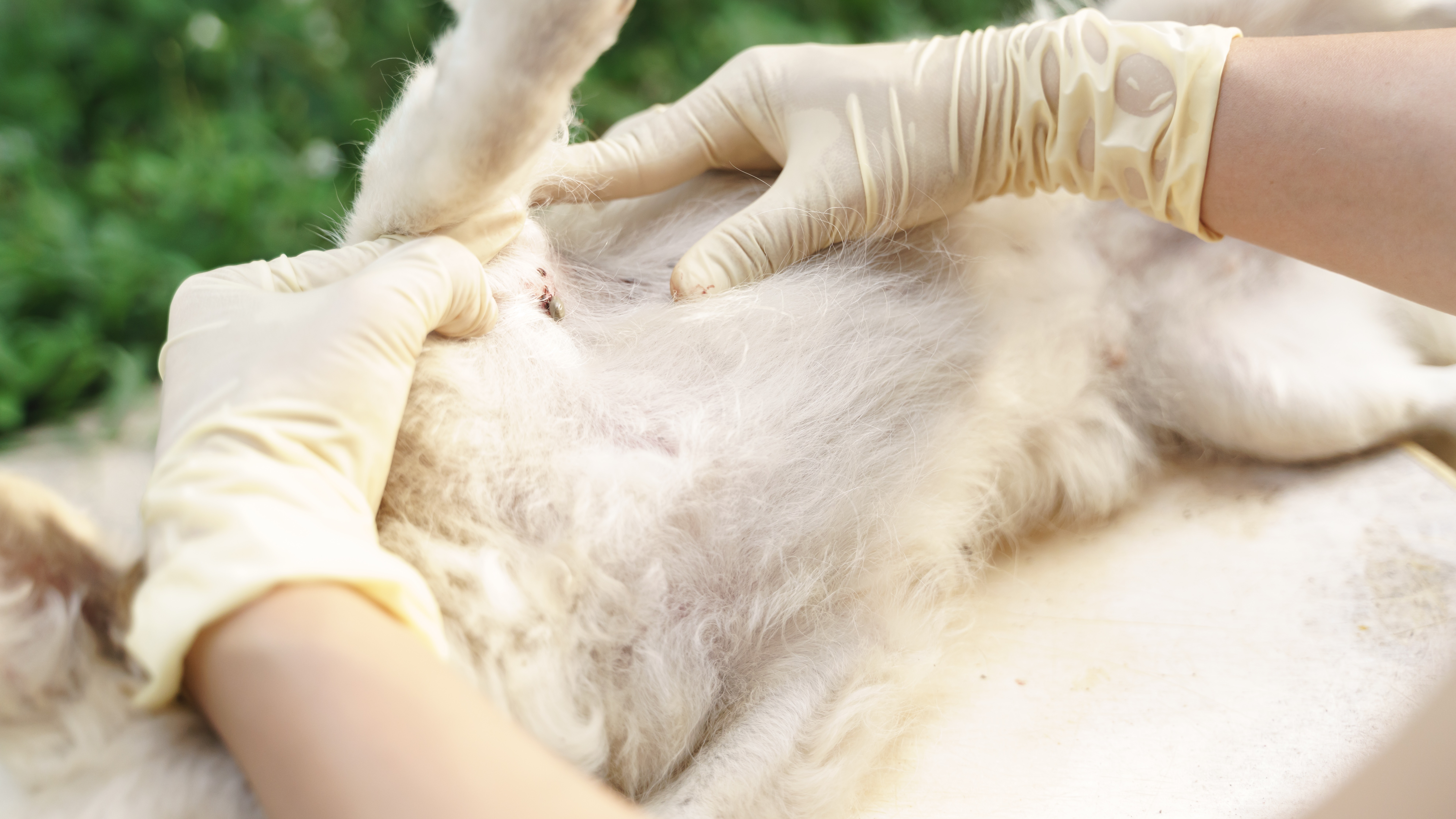
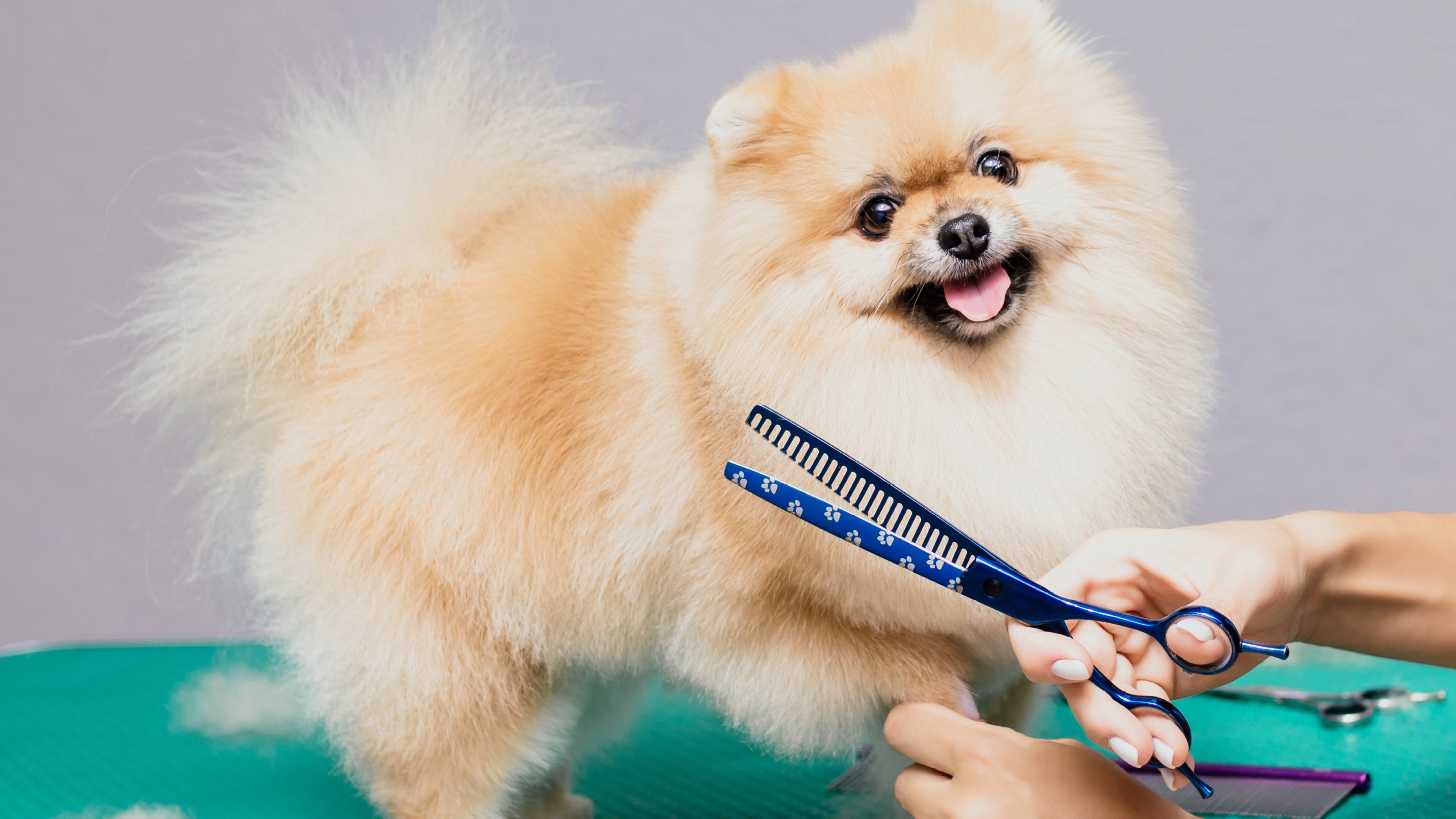
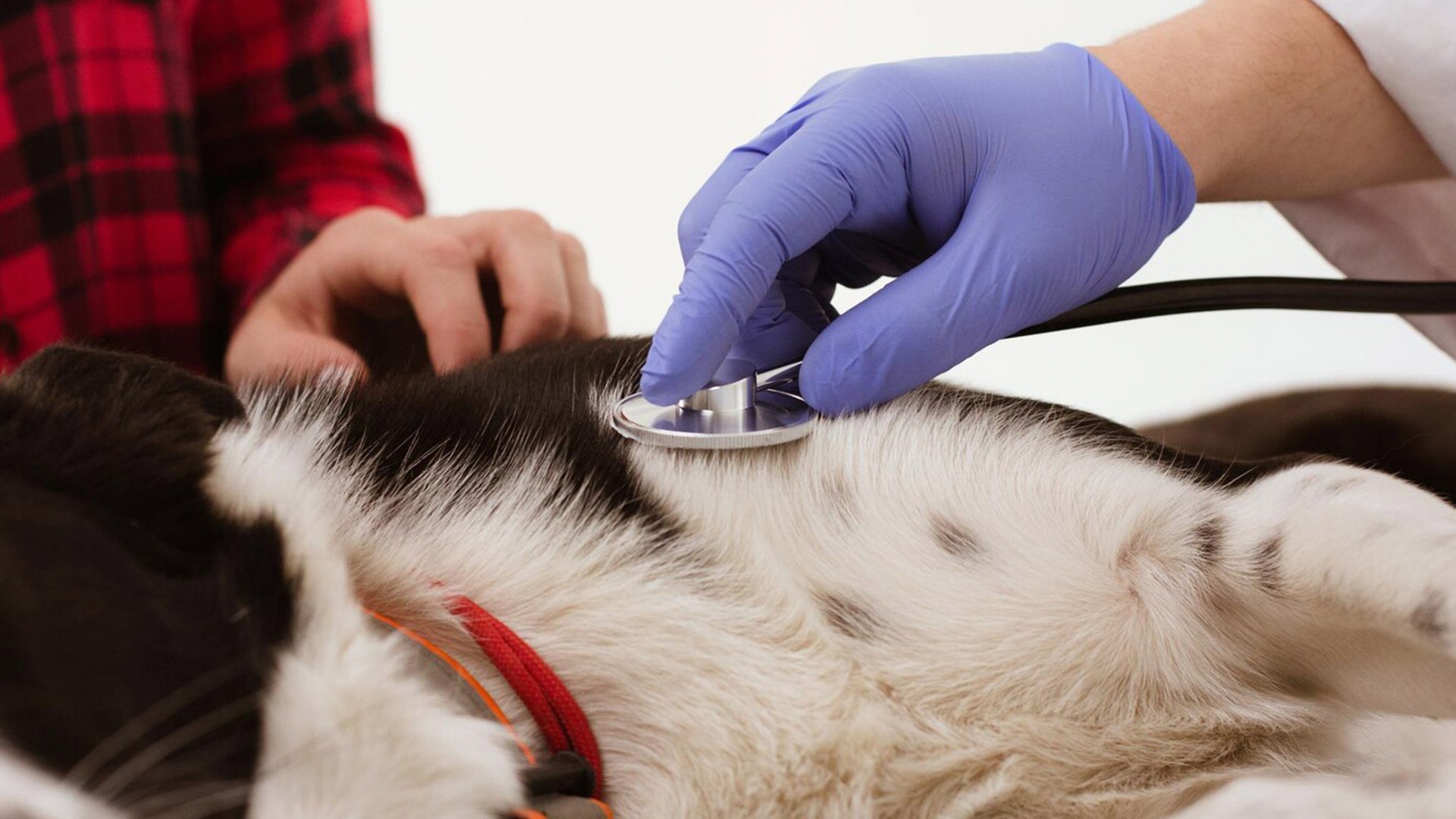

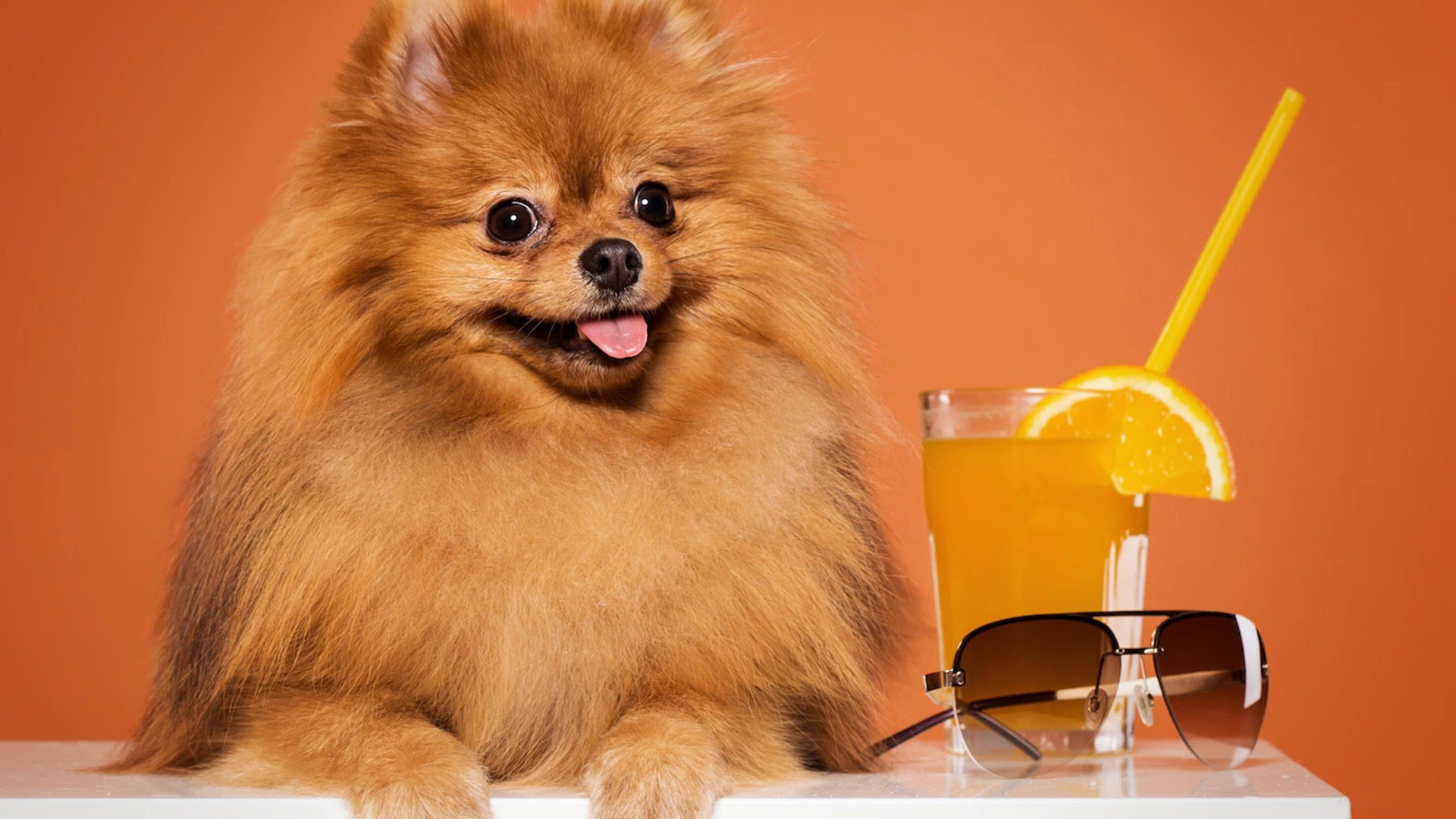
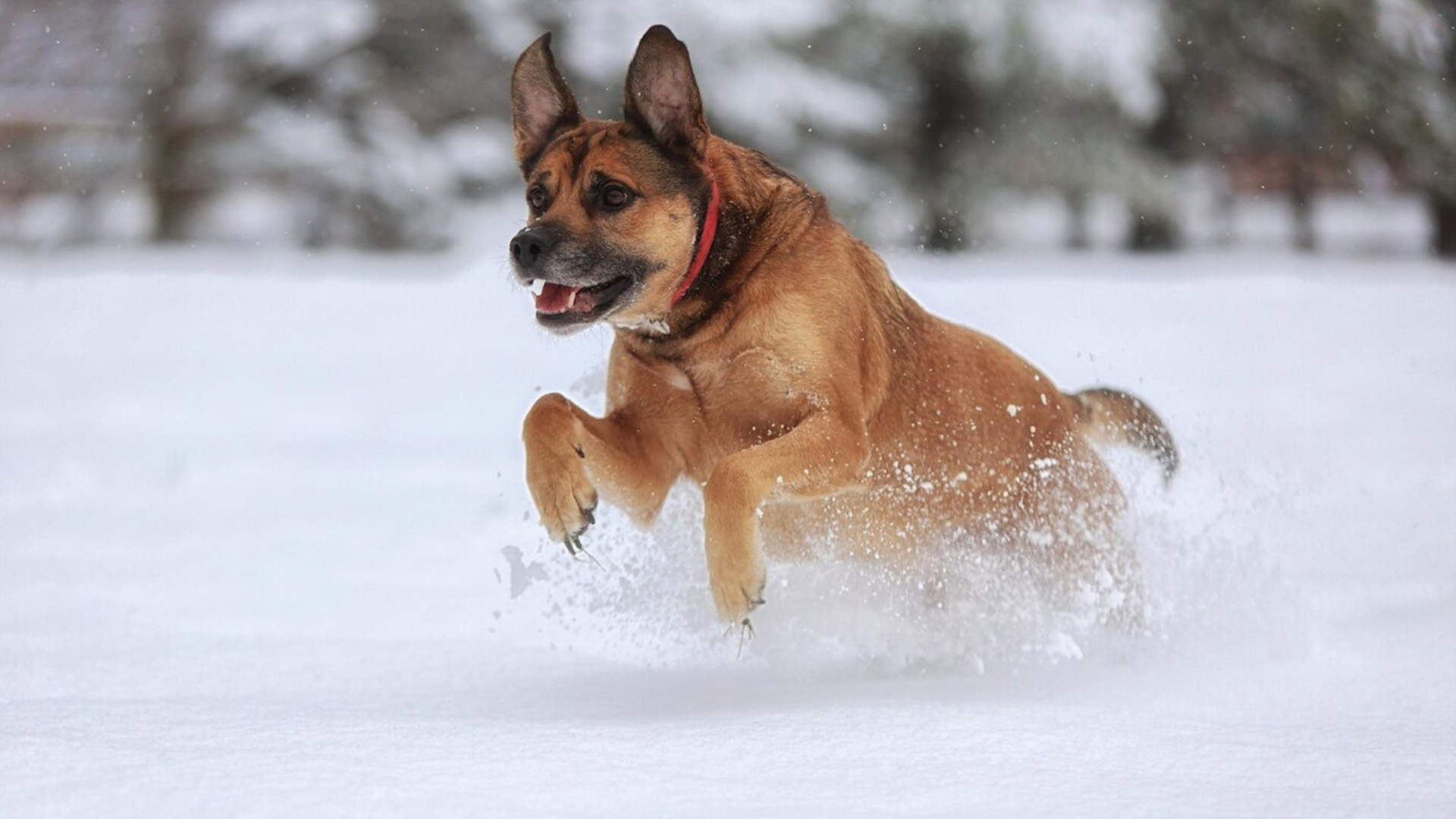
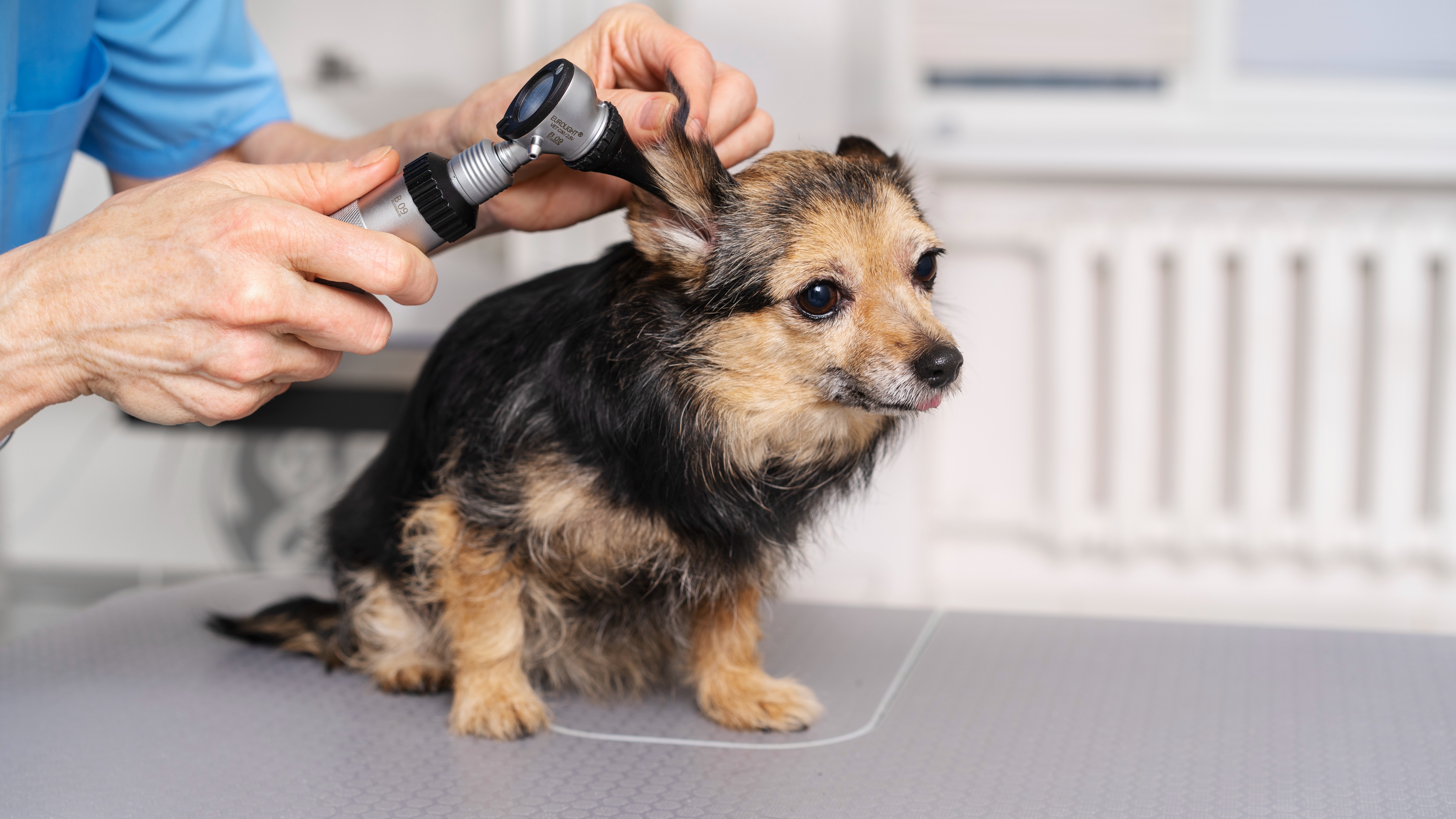
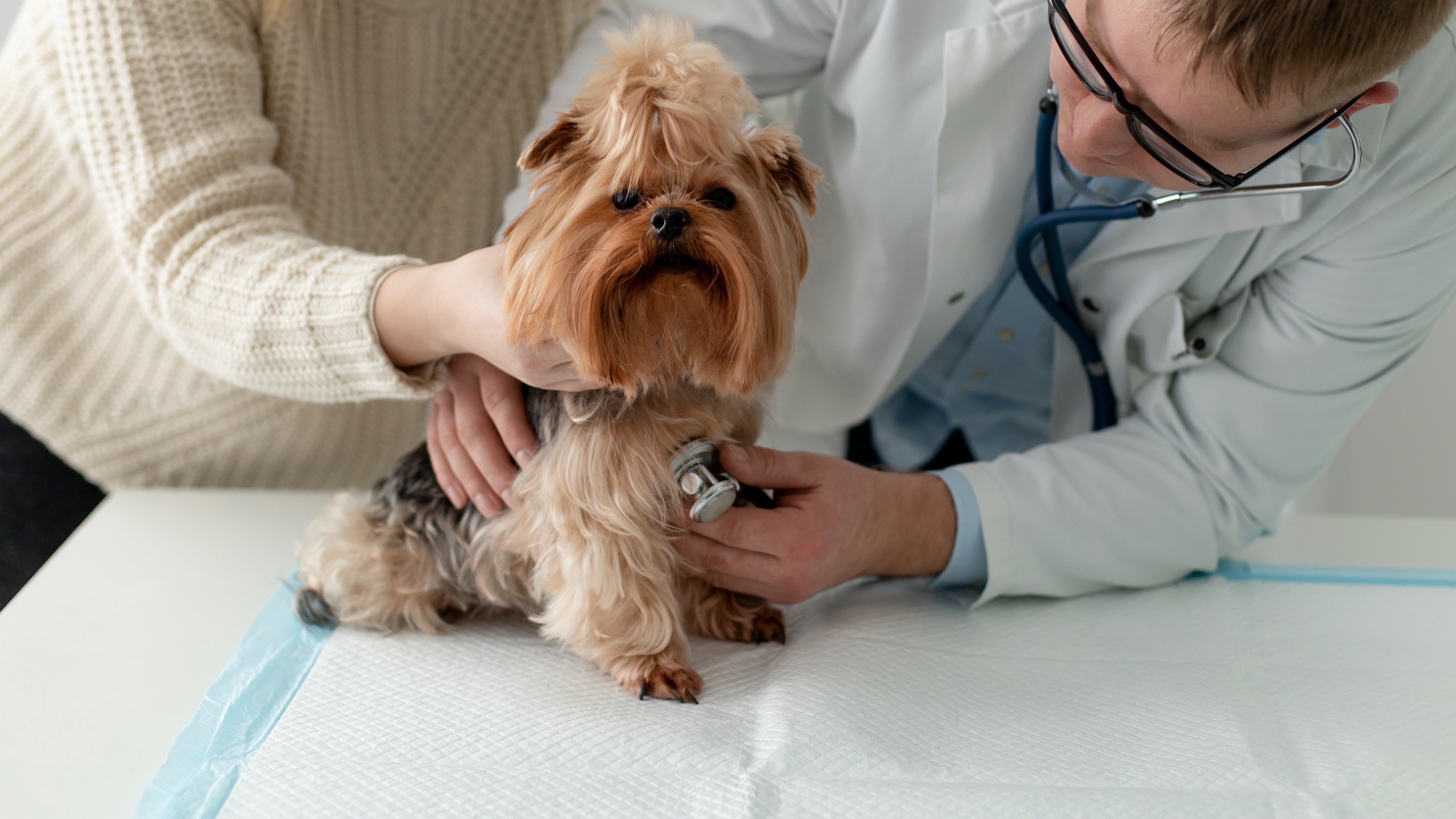
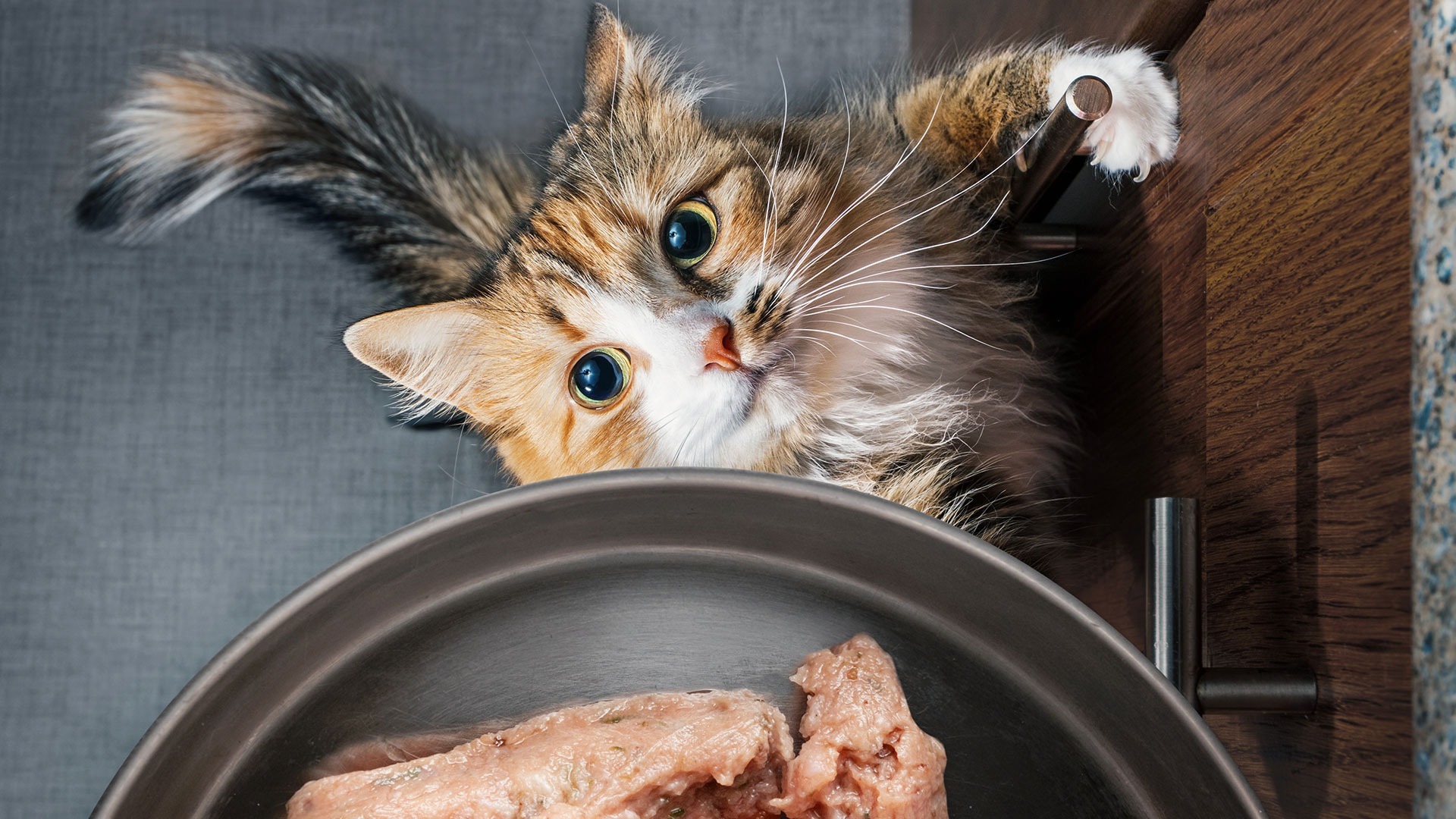
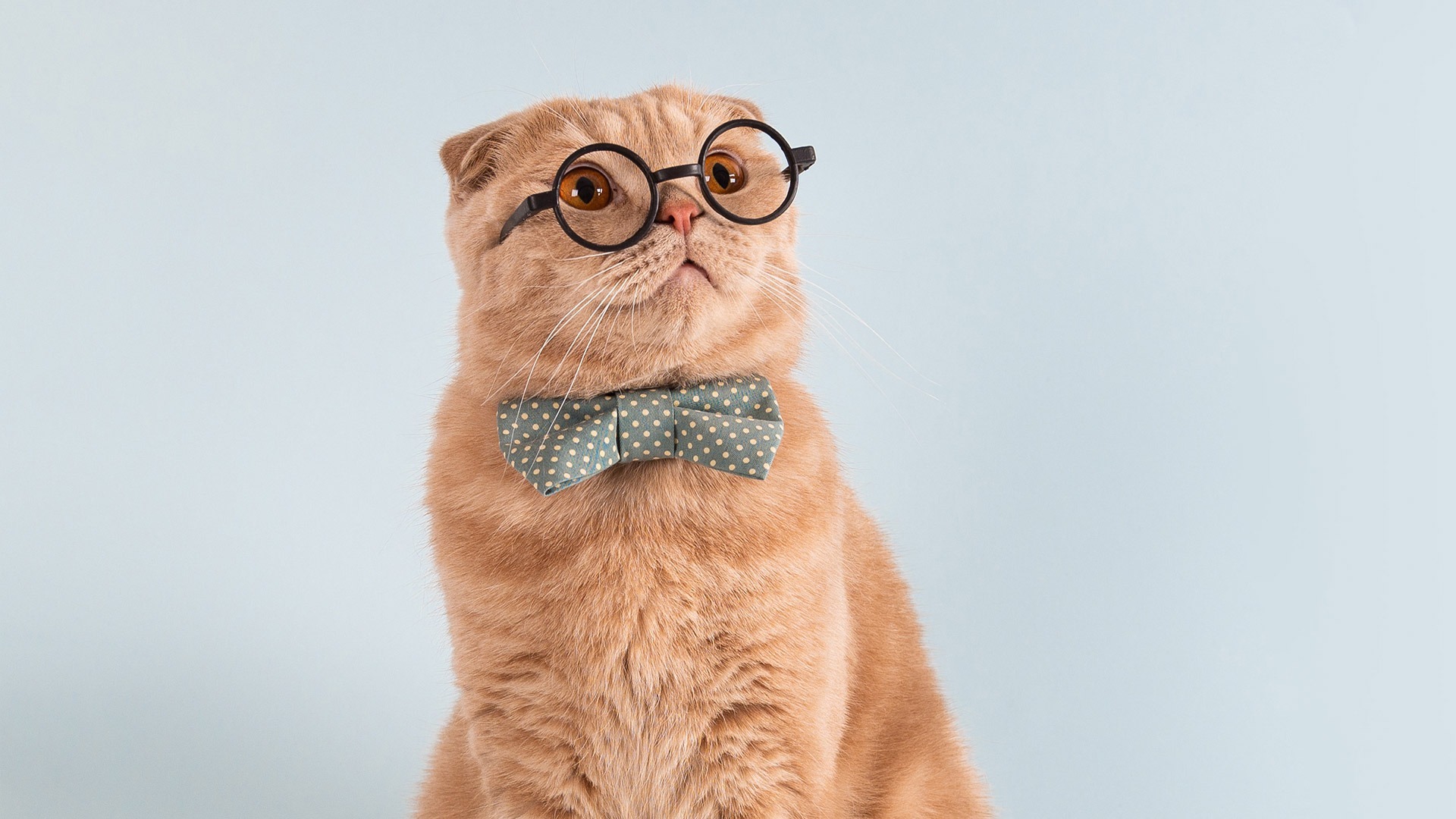
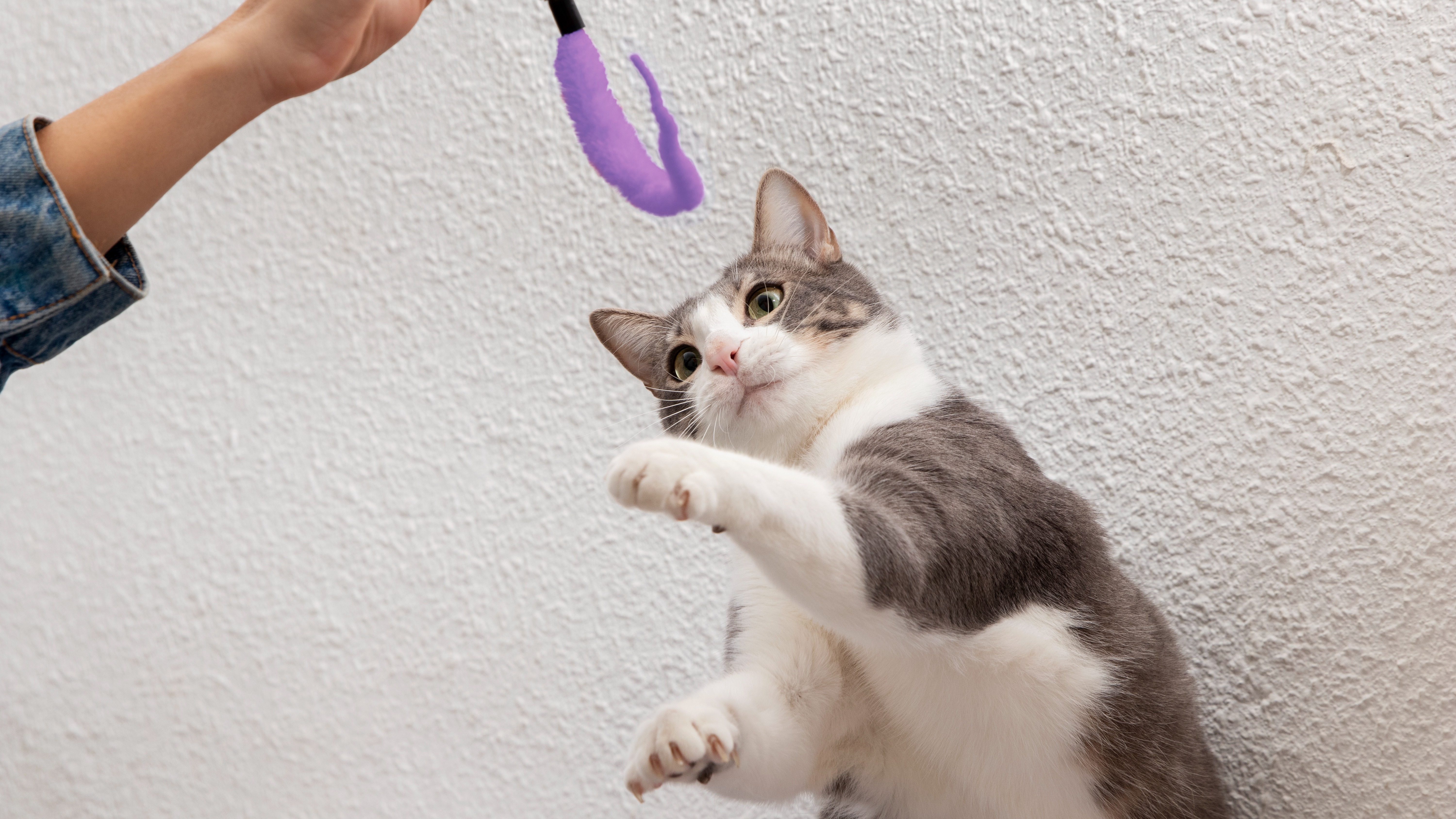
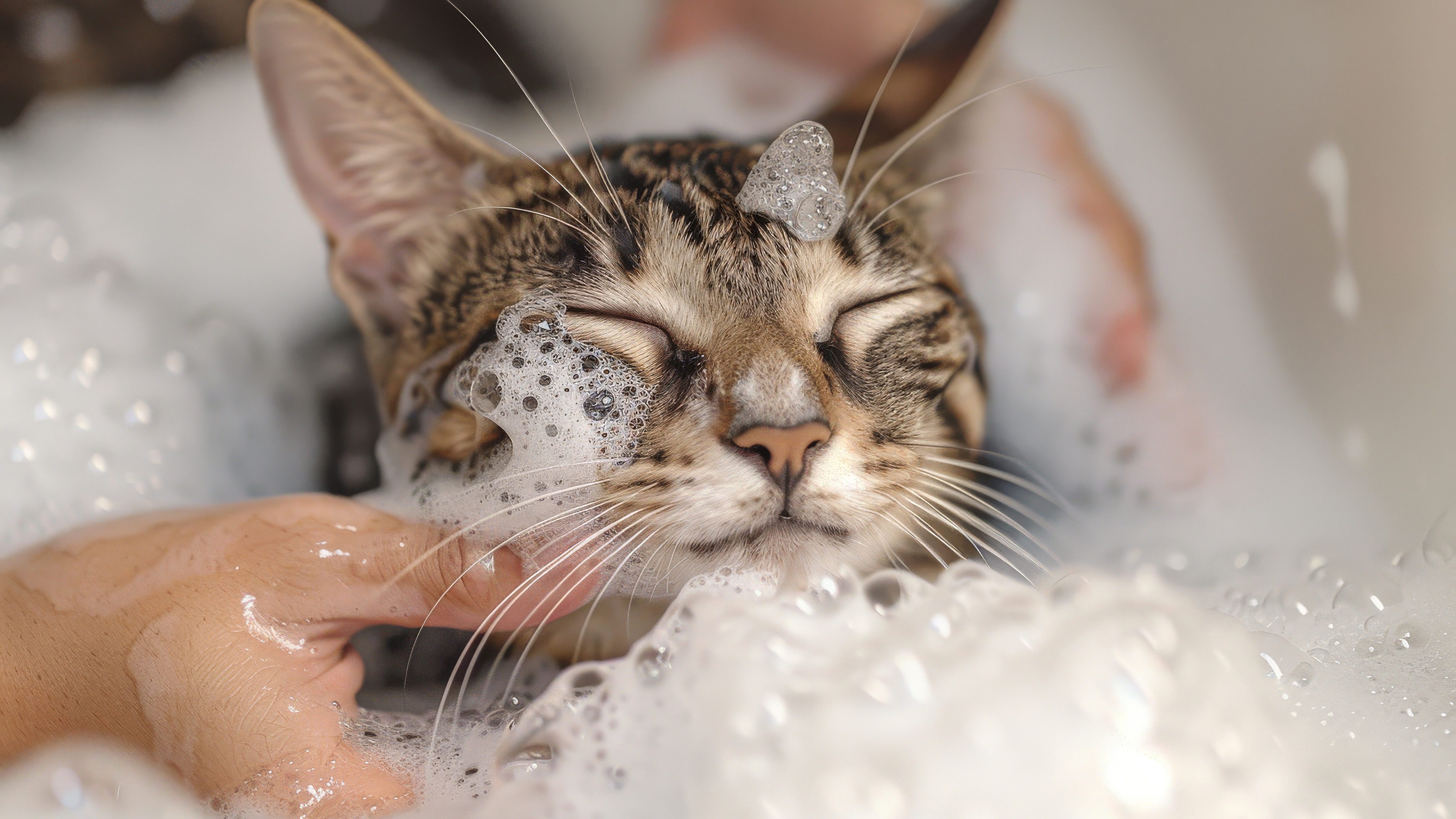
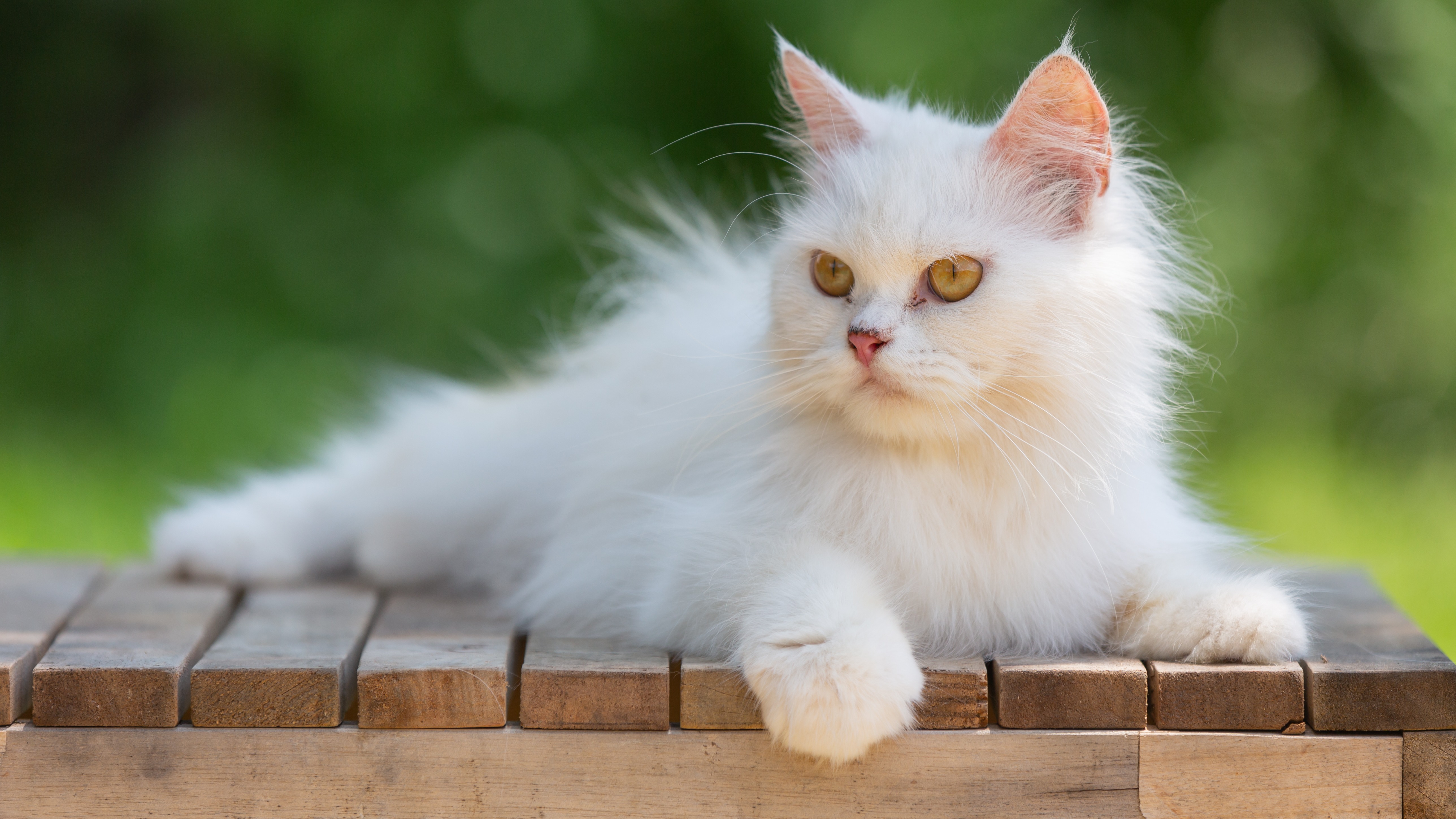
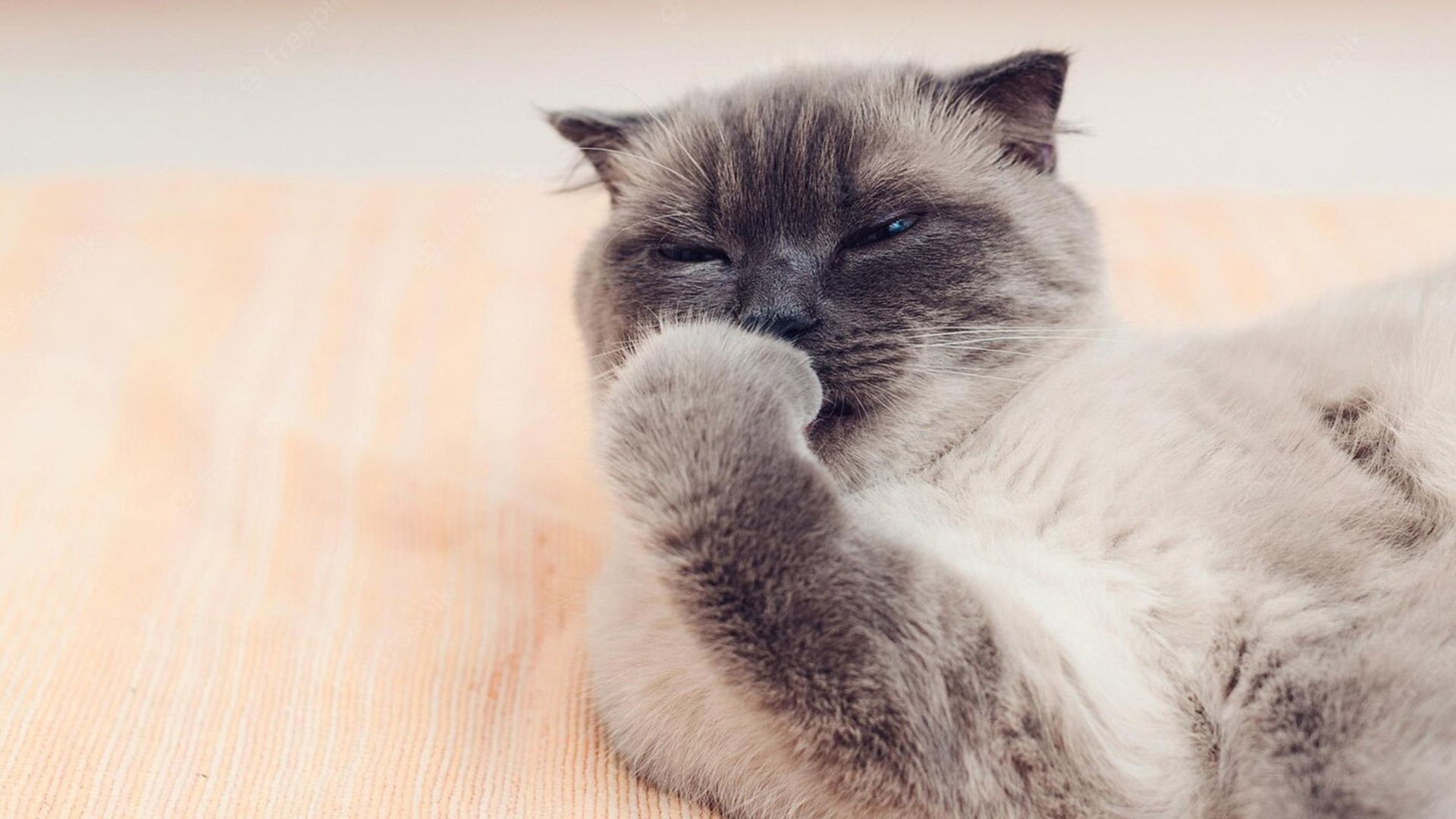
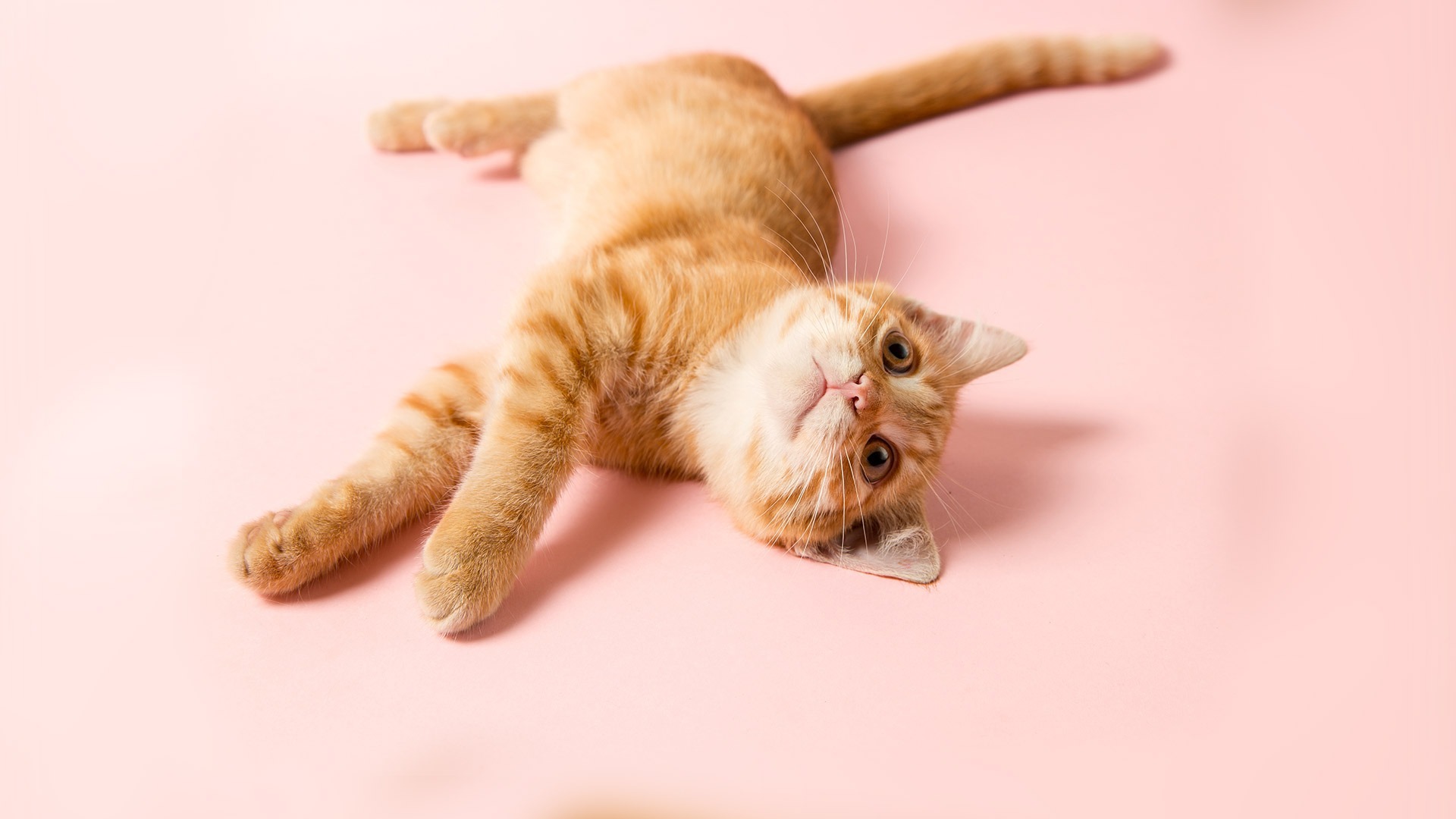
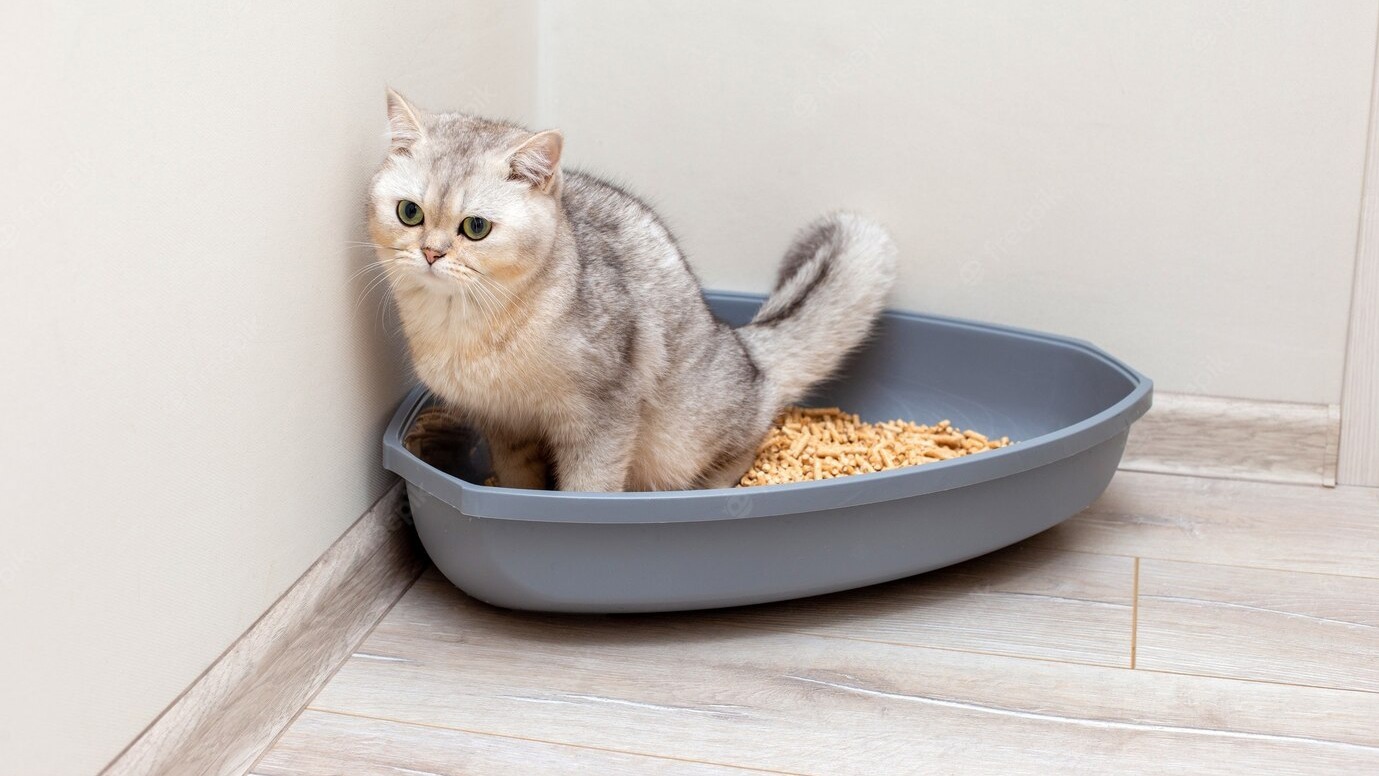


Take care of your pets wholeheartedly as caring for your family
Professional service platform for the development of pet health foods
Wel-Pet Bio-Tech Corporation is a professional pet supplement manufacturer, consisting of experts in the fields of food, medicine, animal science, chemicals, marketing, and nutrition. Pets are family members. We provide one-stop R & D and production services for pet health foods. Our products have won the SNQ national quality certificate—the only pet health food certification in Asia.
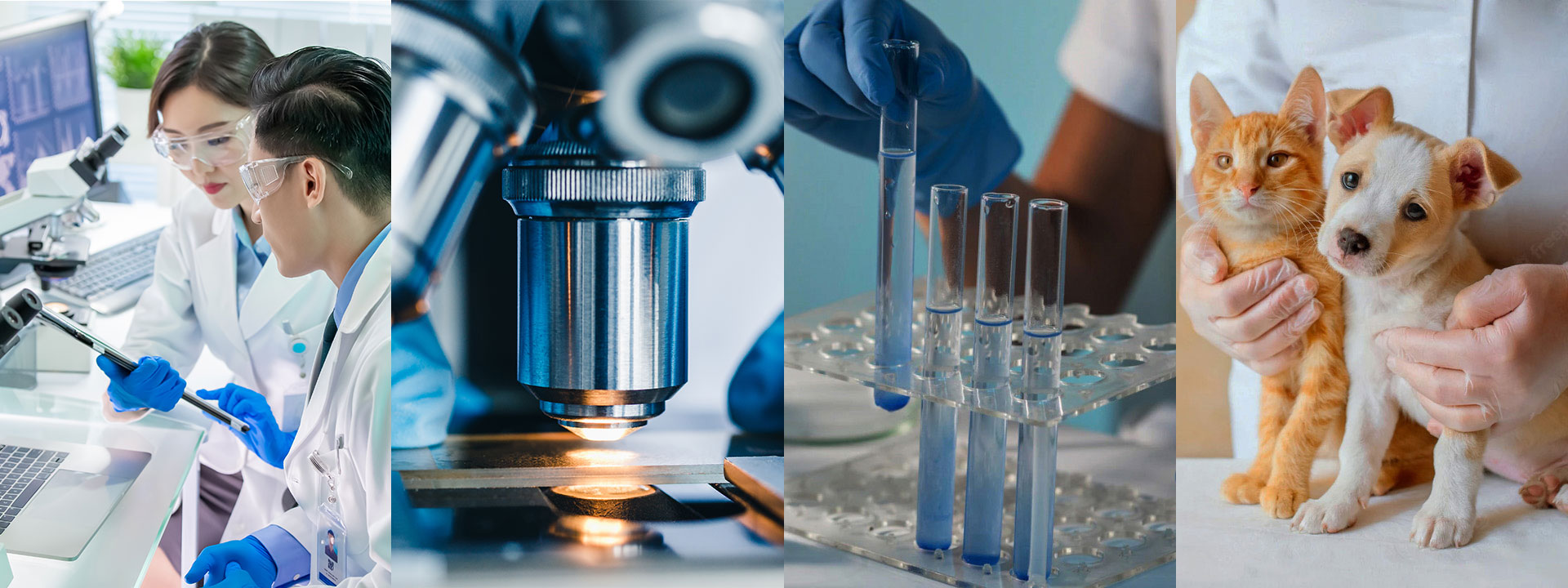

Carry out the whole process conscientiously from Ingredient import, research and development, production, to packaging.

An exclusive factory for pet health care supplements with dedicated manufacturing line in line with human health care specifications.

8 steps of quality control, raw materials and finished products with regular SGS inspection to ensure safety, and product liability insurance worth USD $343,000.

A sample of 600 fur babies, and nearly 80% showed they enjoy the taste.
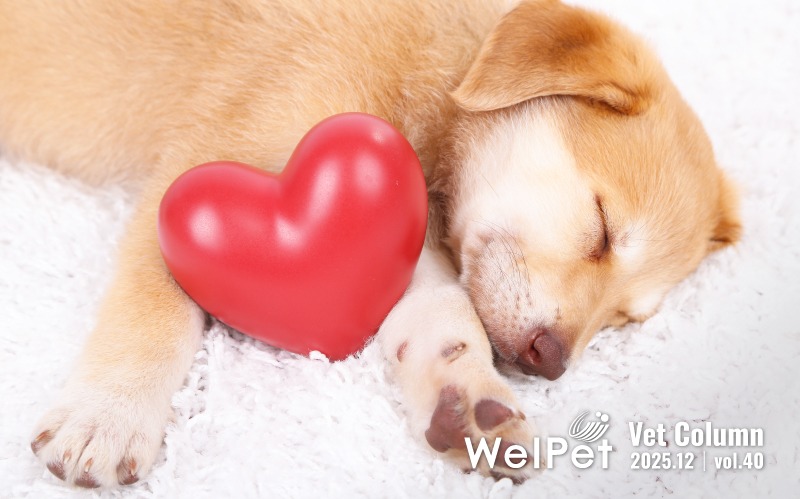
A Complete Guide to Heart Disease in Cats and Dogs: Recognizing Warning Signs in Daily Life
Have you noticed your cat or dog becoming unusually lethargic or less active, showing rapid breathing, coughing, or even suddenly collapsing during a walk? These seemingly minor day-to-day changes can be early warning signs of underlying heart problems—particularly cardiomyopathy. Without timely intervention, such conditions may progress rapidly and become life-threatening. This article will guide you through the most common heart diseases in cats and dogs, explain how to recognize heart-related issues through everyday abnormalities, and offer care and supplement recommendations to help safeguard your pet’s critical window of heart health.

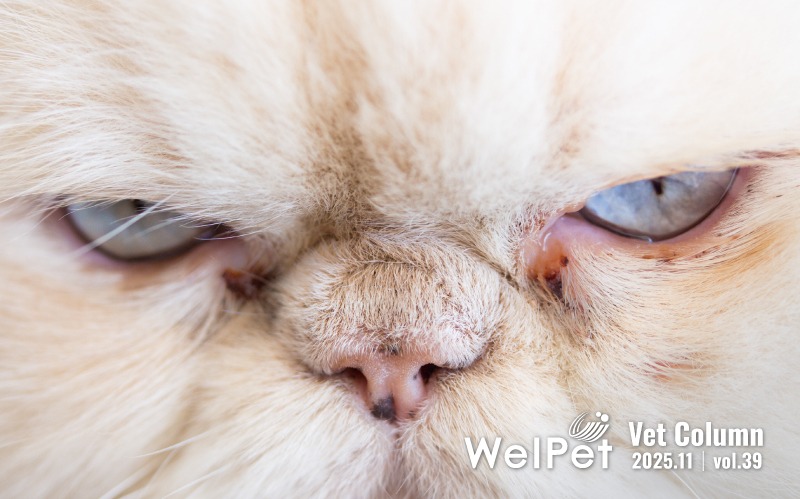
Red, Watery Eyes in Pets? Your Complete Guide to Conjunctivitis in Dogs & Cats
When you notice your cat or dog’s eyes looking red and swollen, tearing up, or when they begin rubbing at them with their paws, conjunctivitis is one of the most common causes. This condition not only causes clear discomfort and pain—often accompanied by eyelid spasms or scratching—but may also stem from deeper underlying issues. So, if your pet shows these symptoms, be sure to take them to the vet to identify the true cause. Only by treating the root problem can you effectively resolve the irritation, prevent chronic recurrence, and protect pet eye health in long term!

Take care of your pets wholeheartedly as caring for your family and enjoy healthy and active life together.





